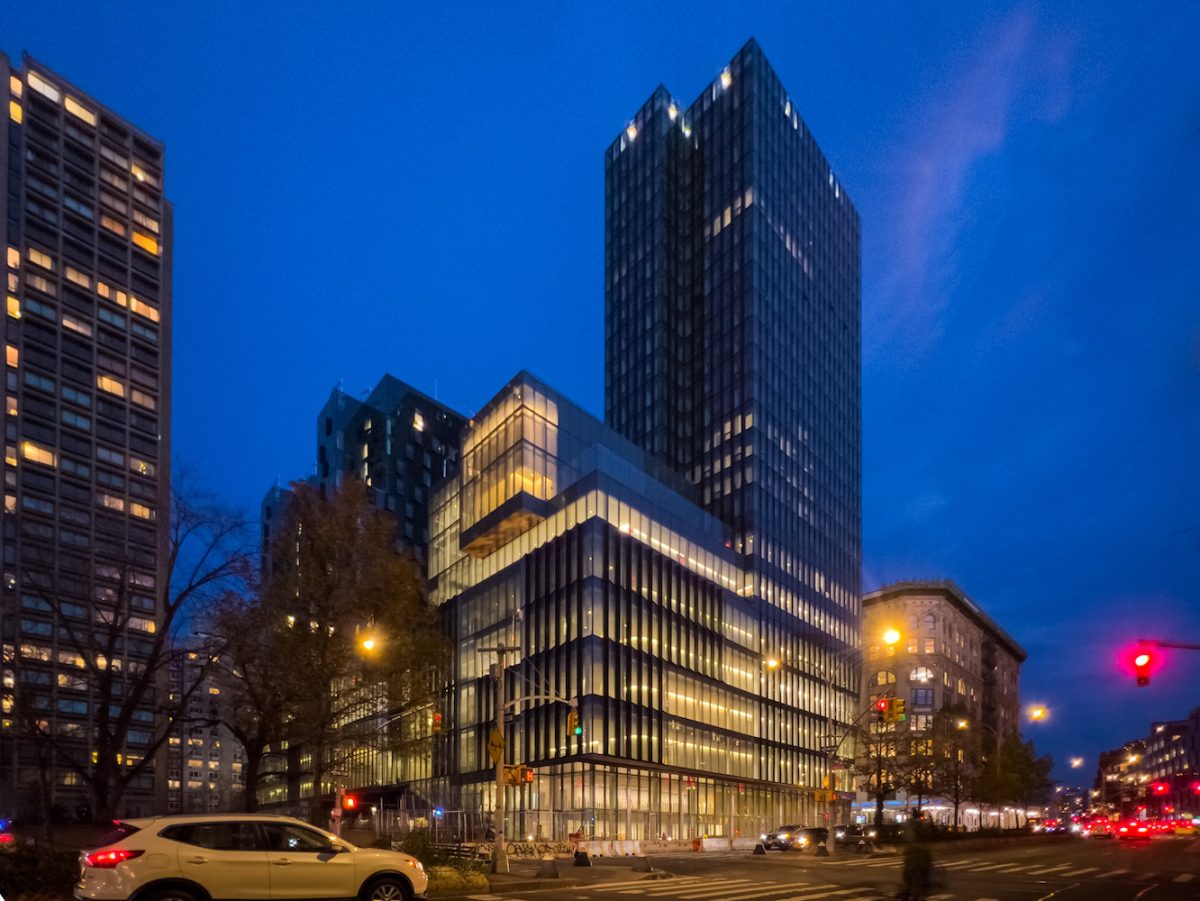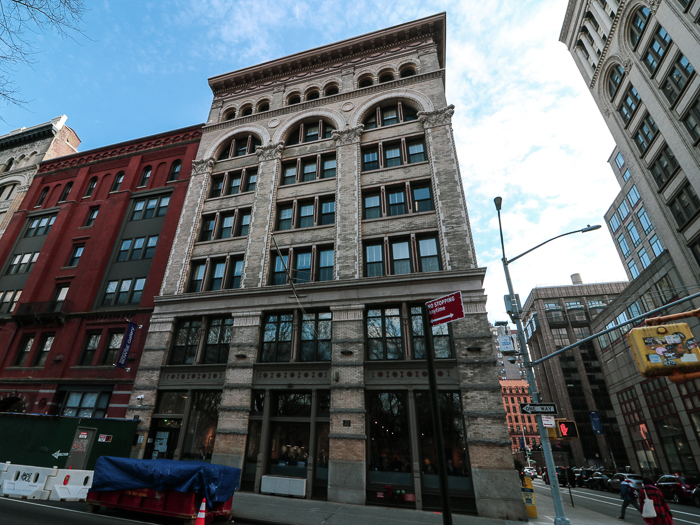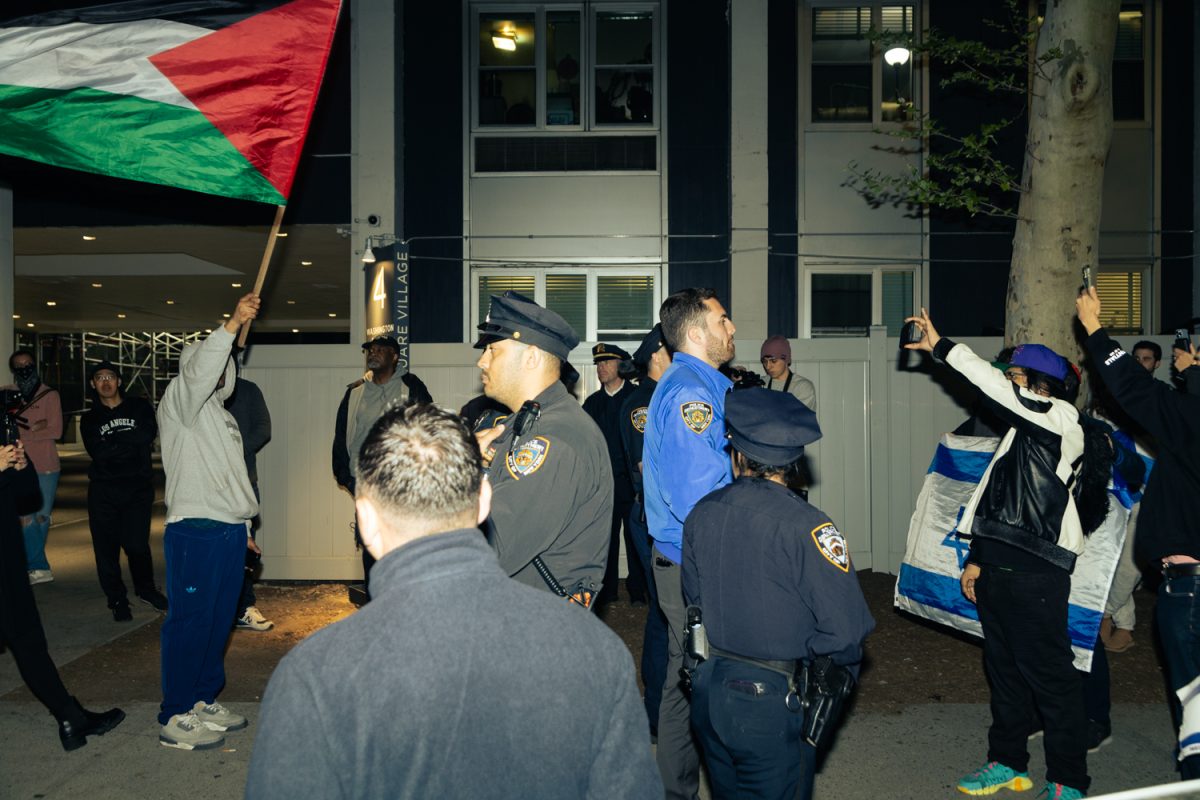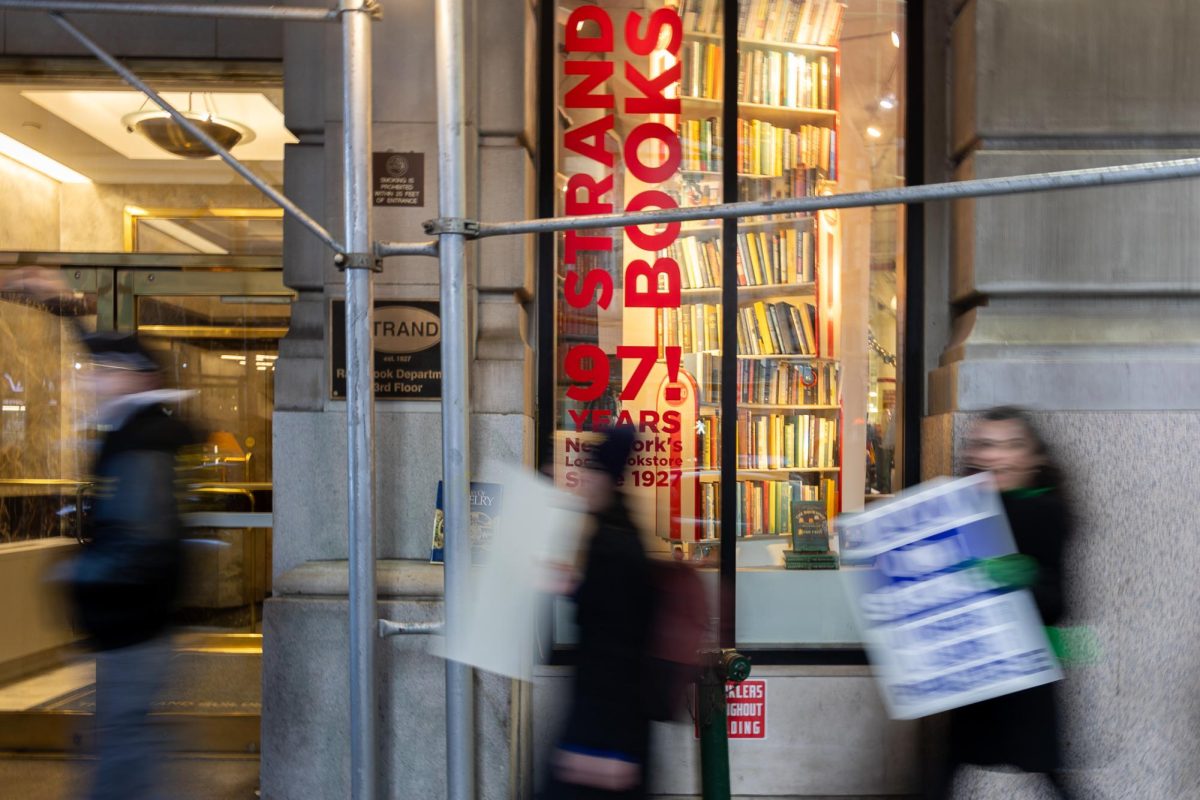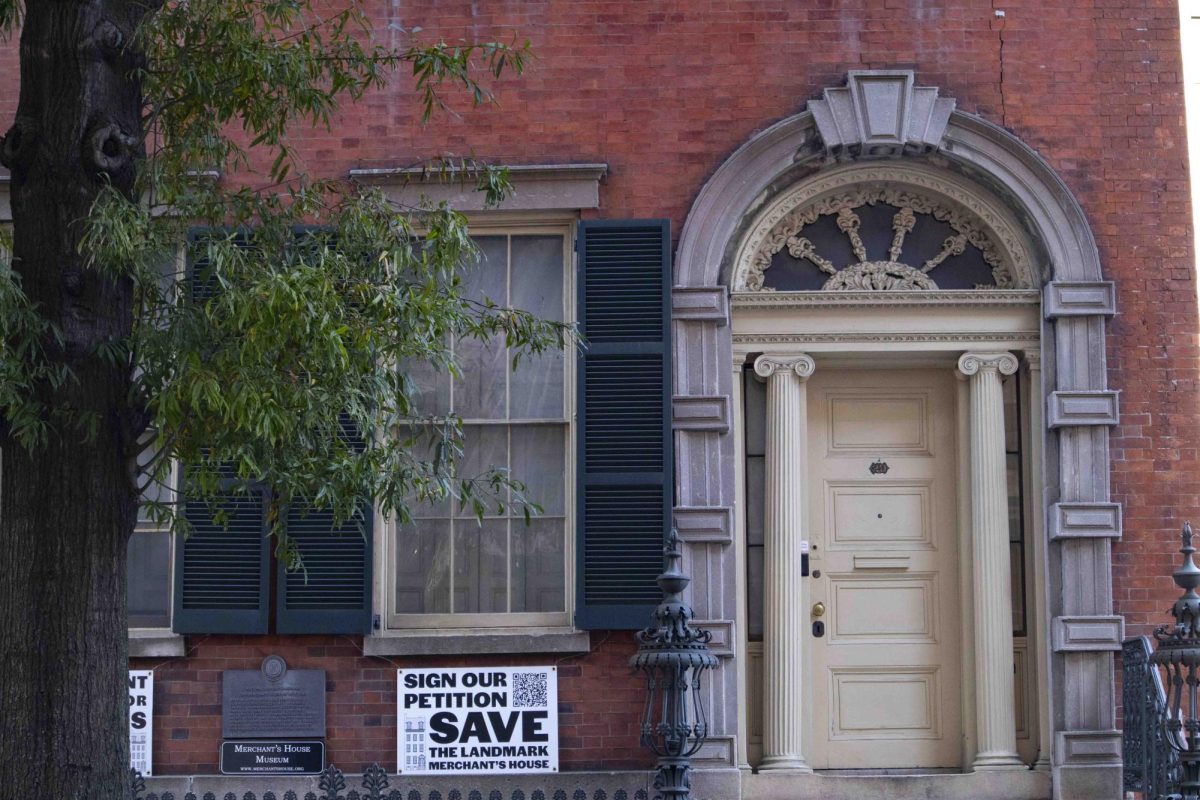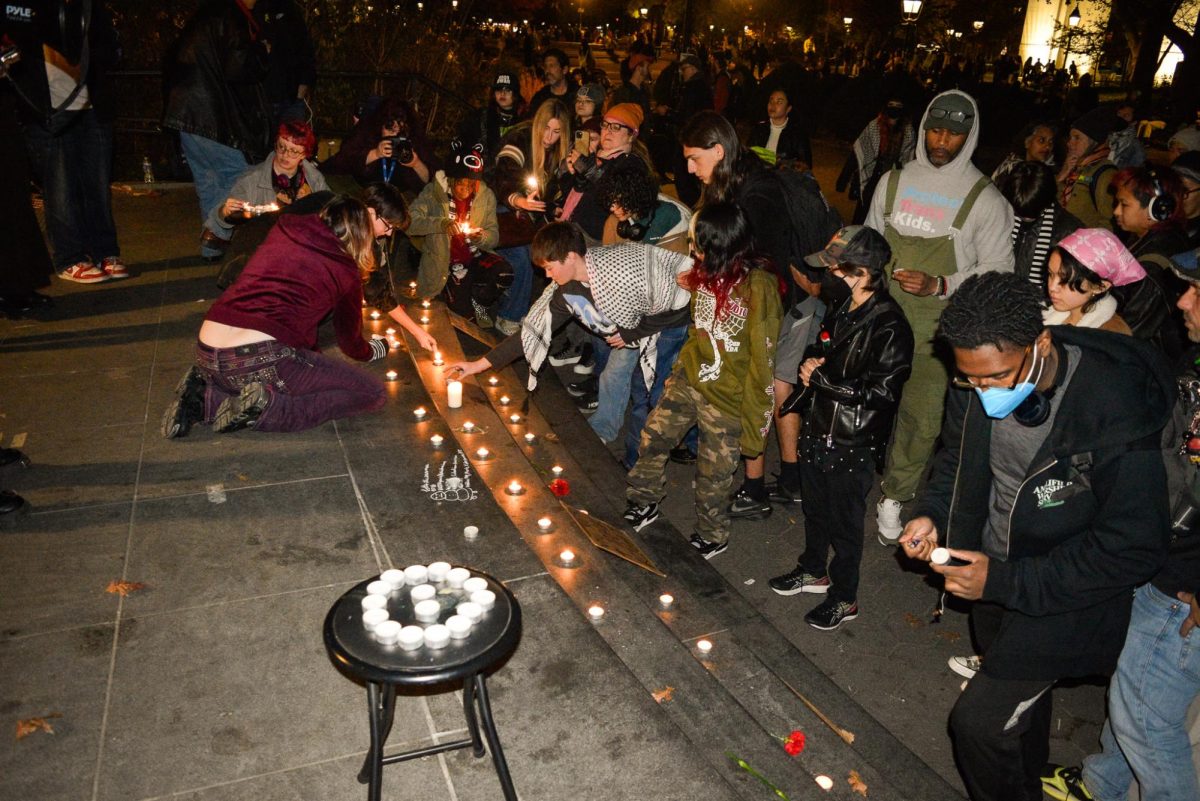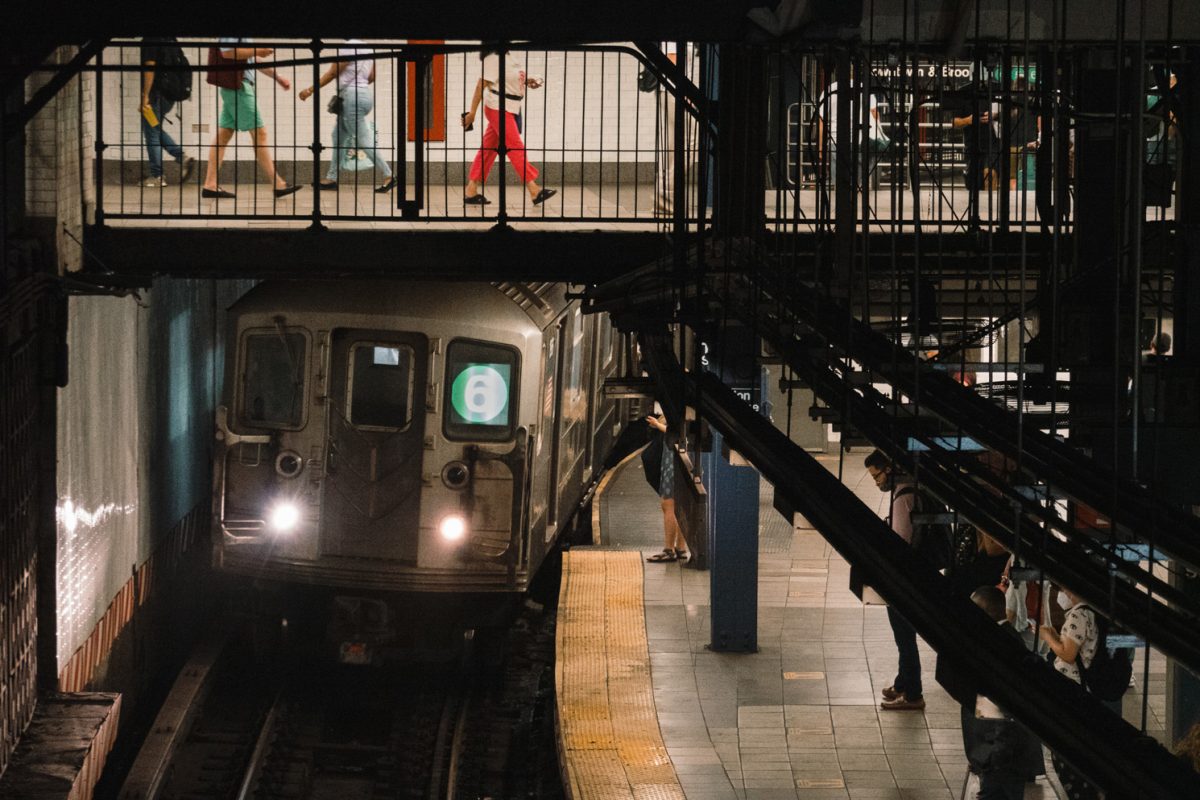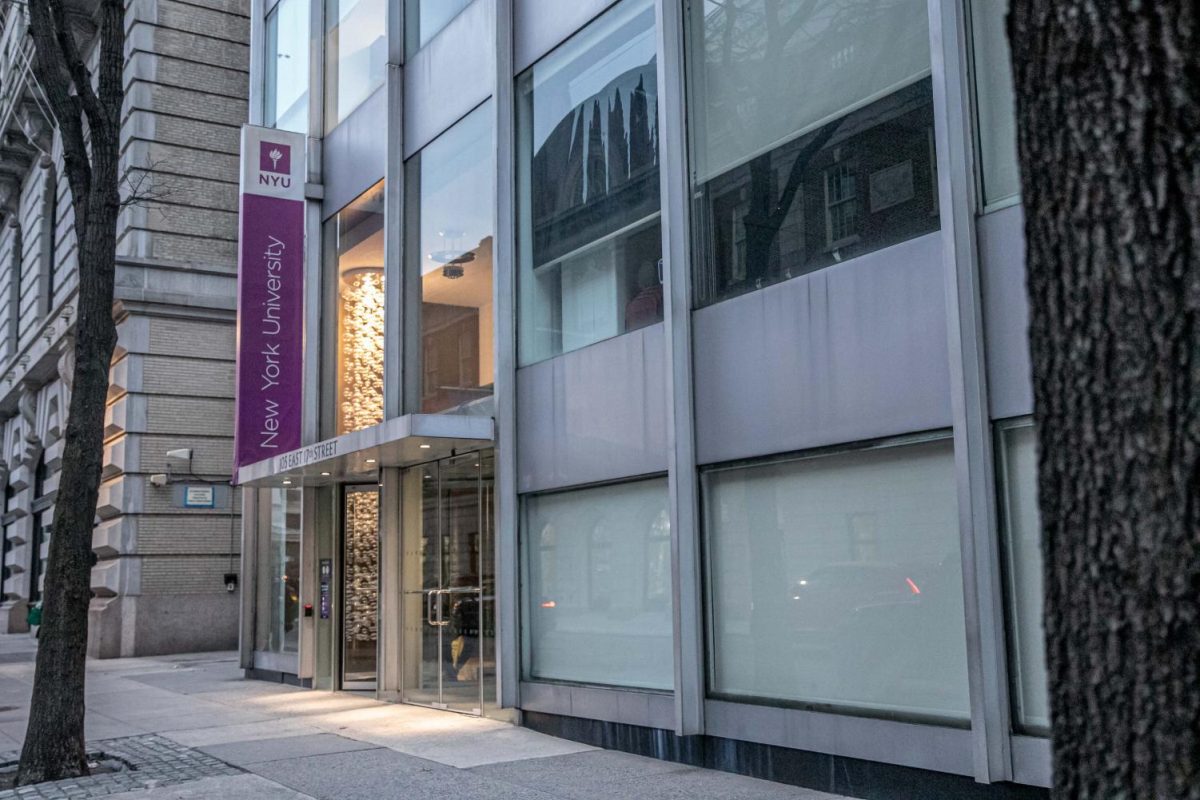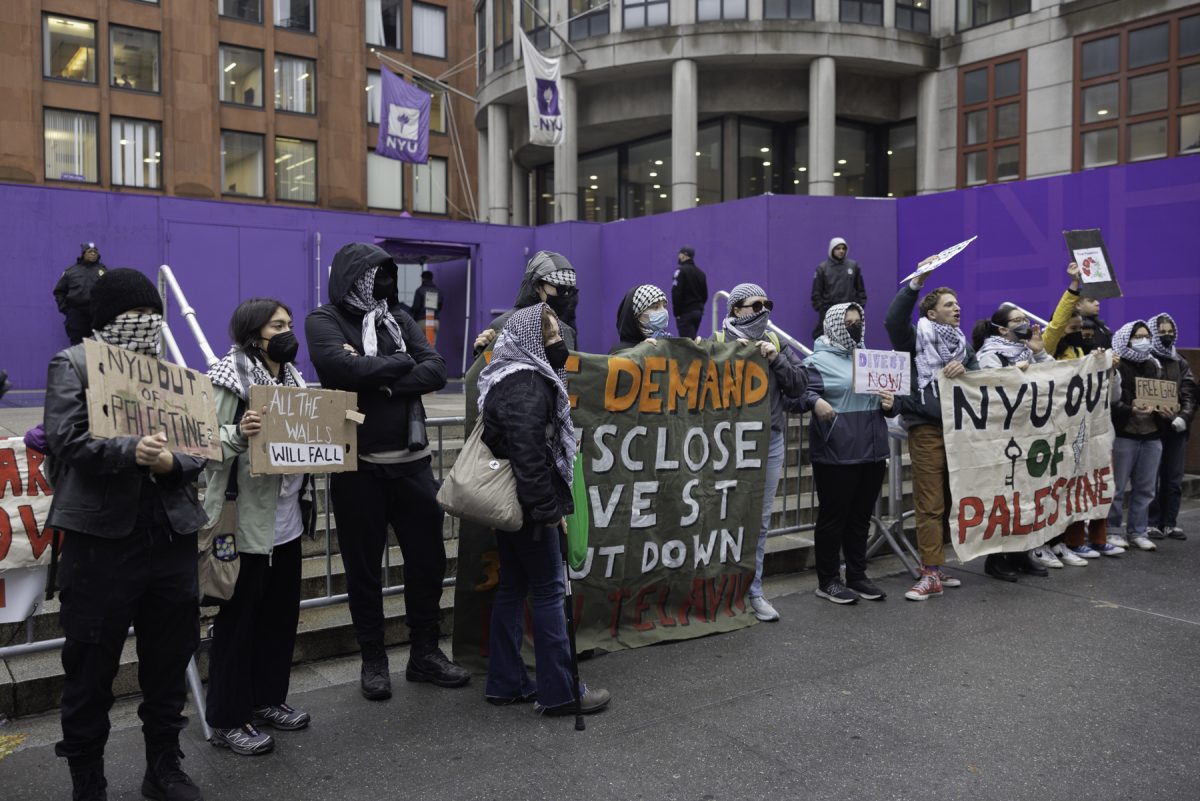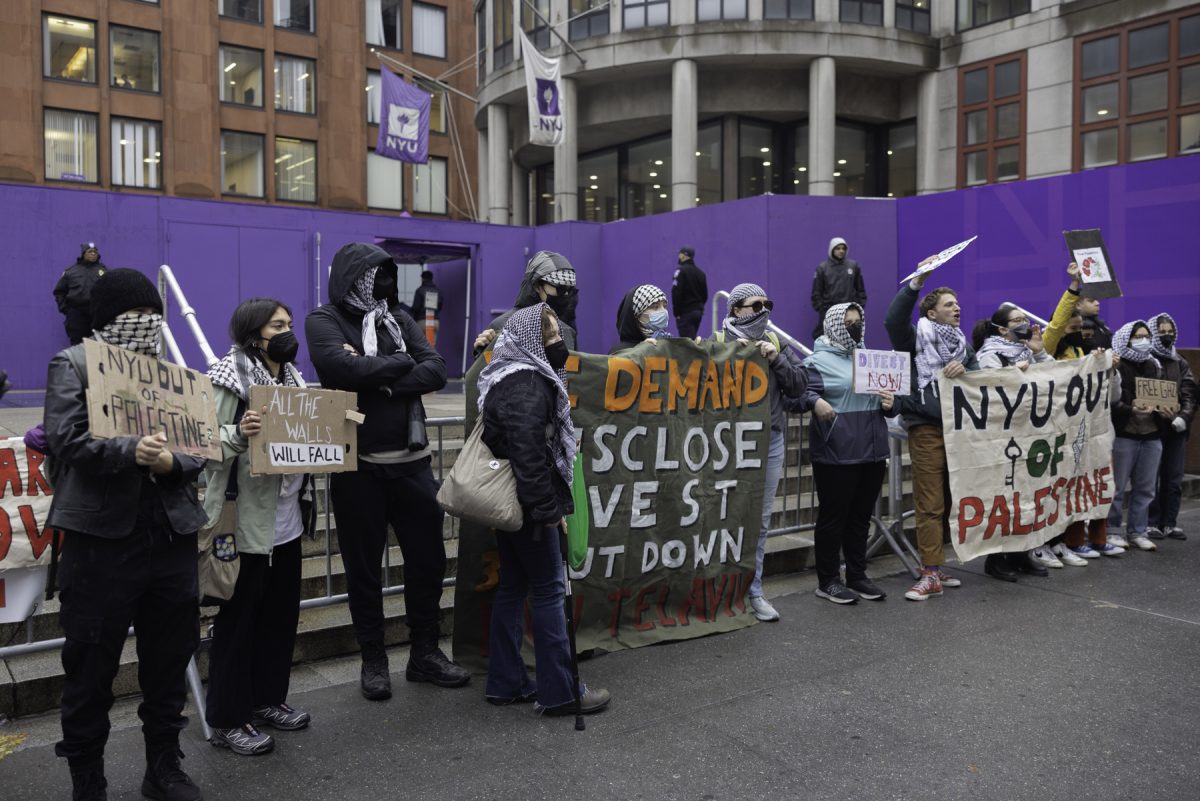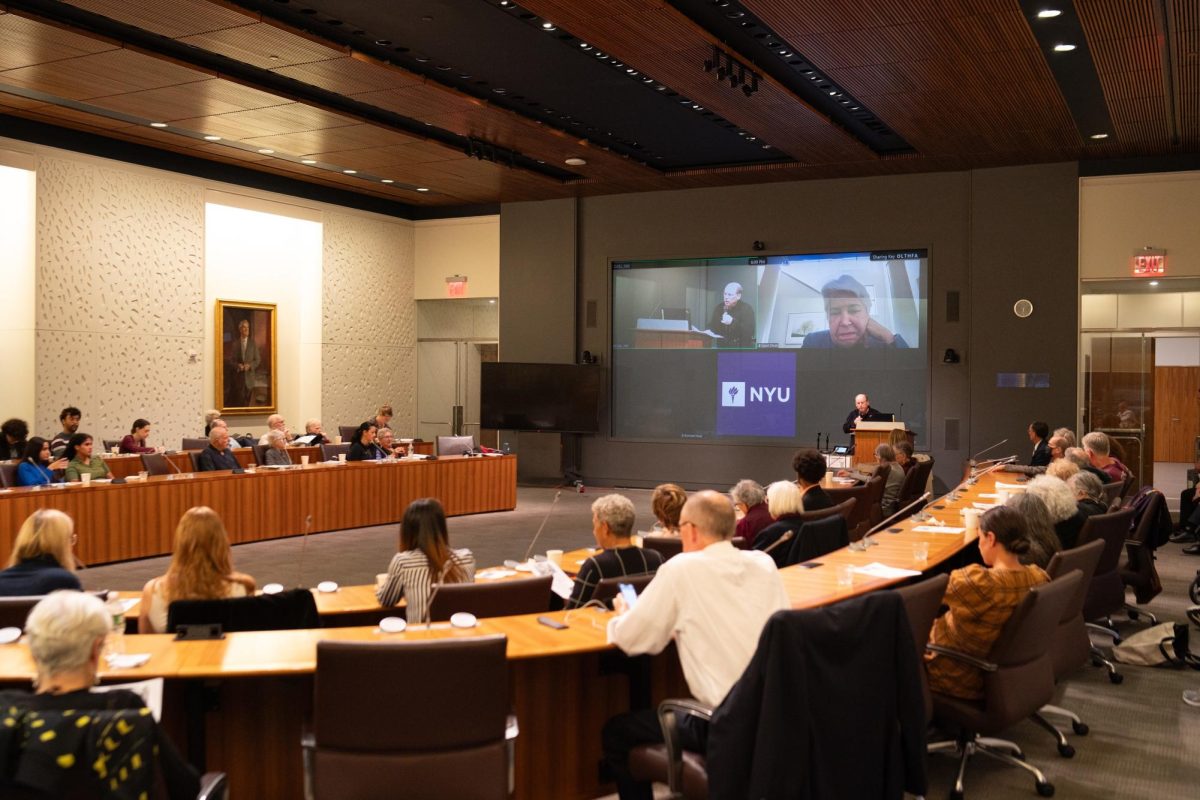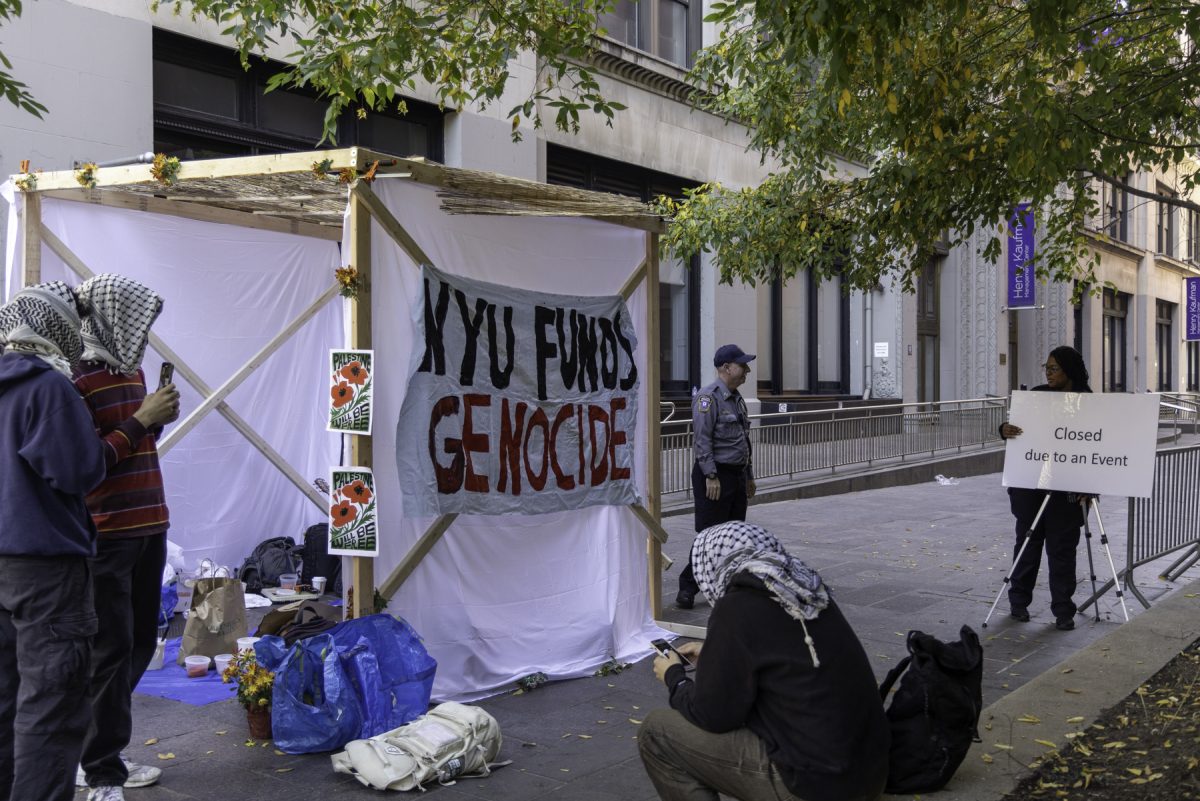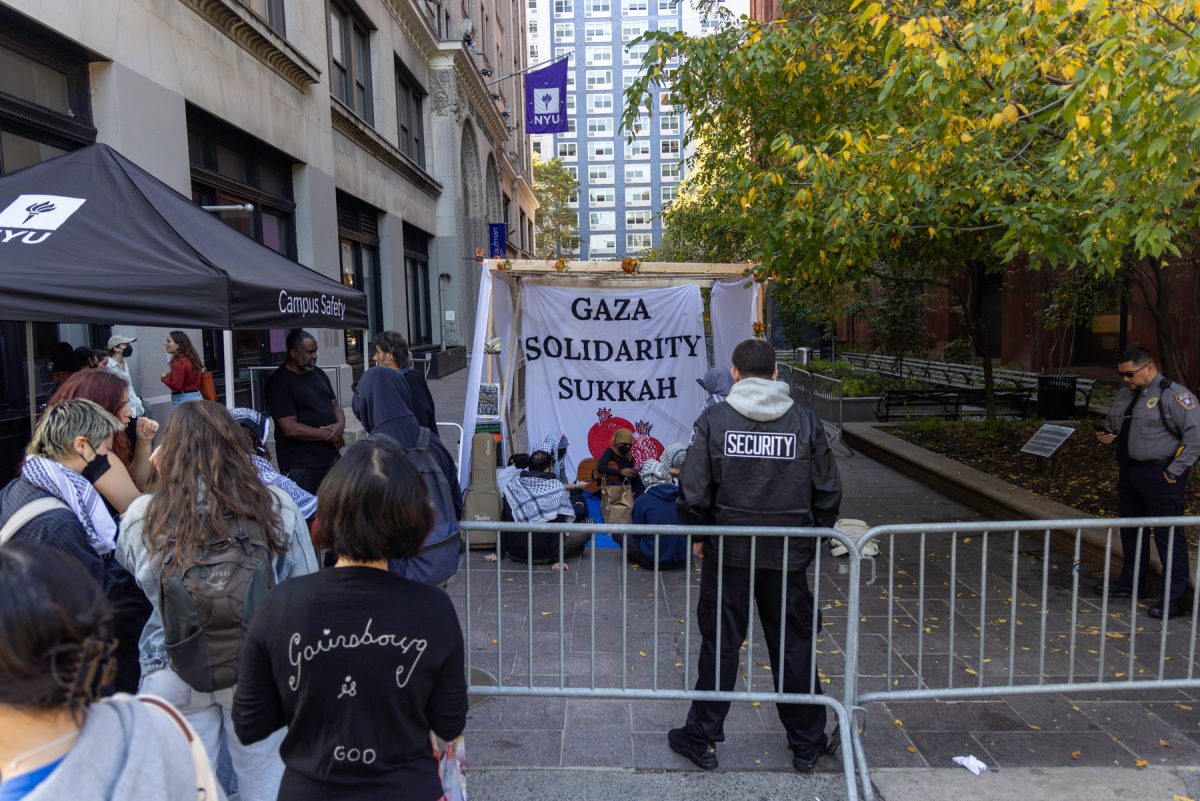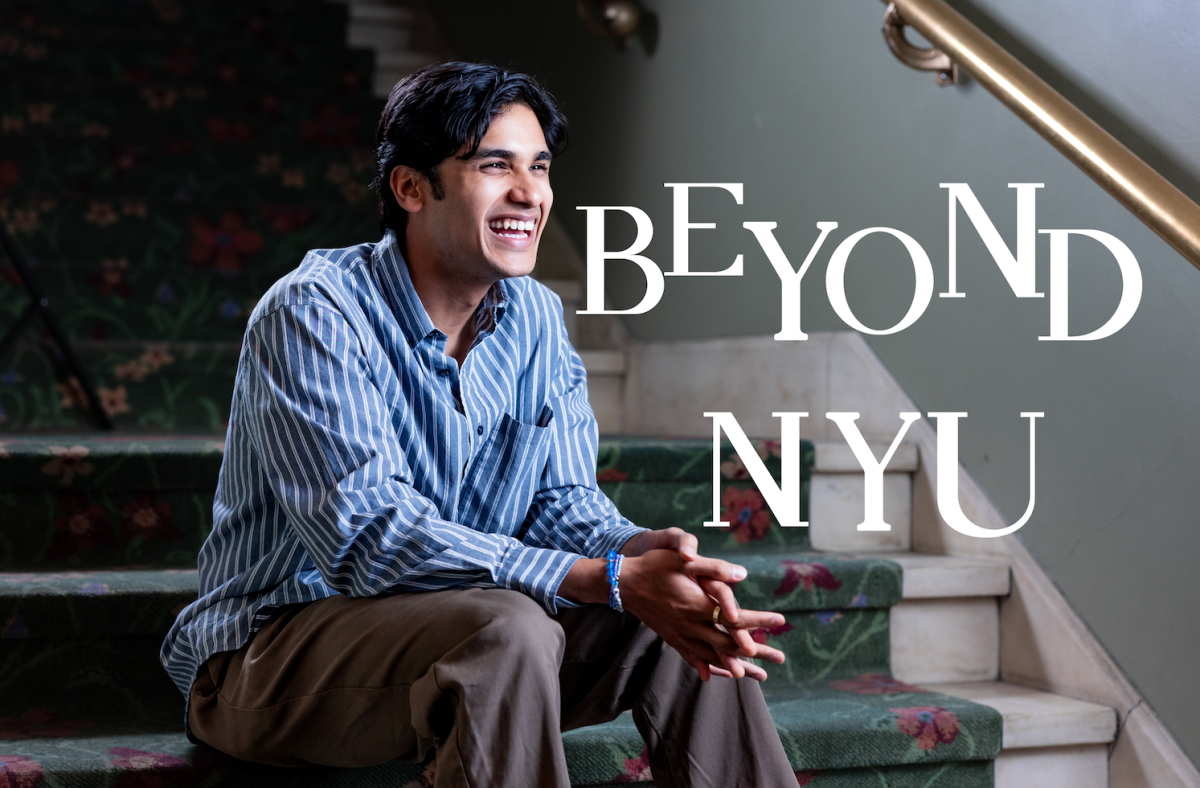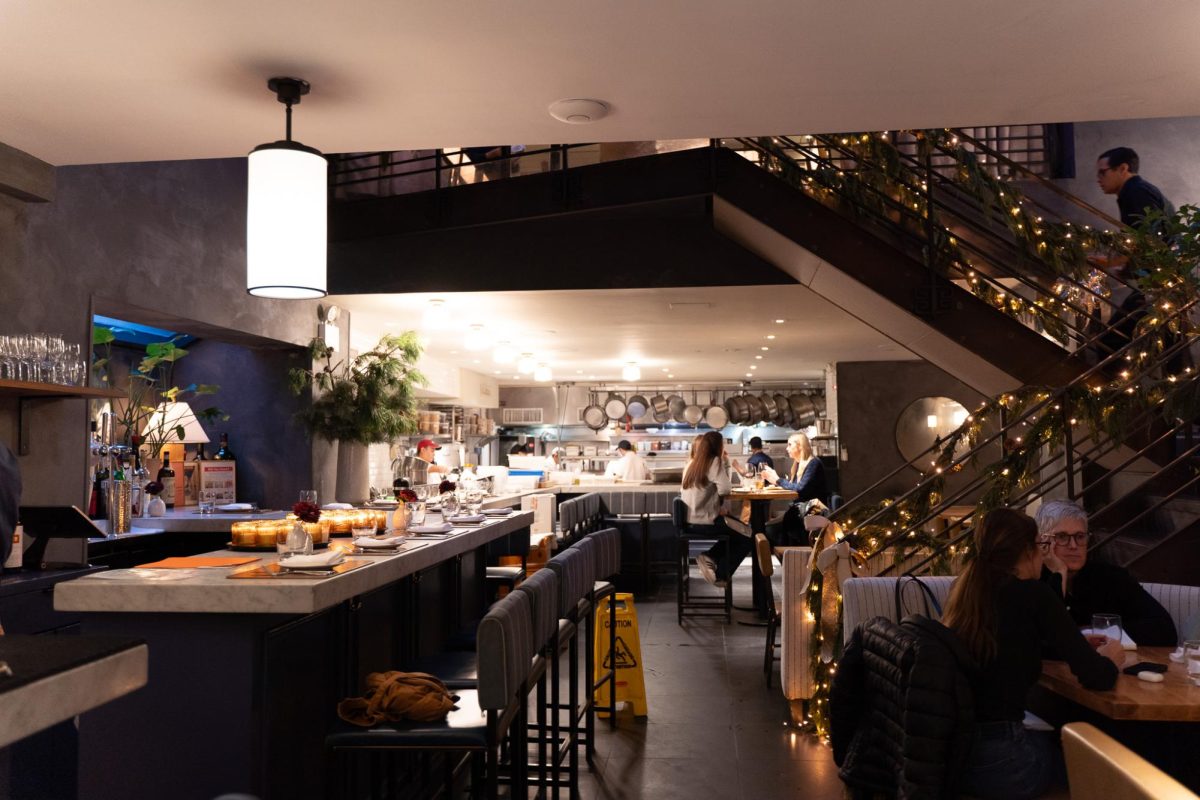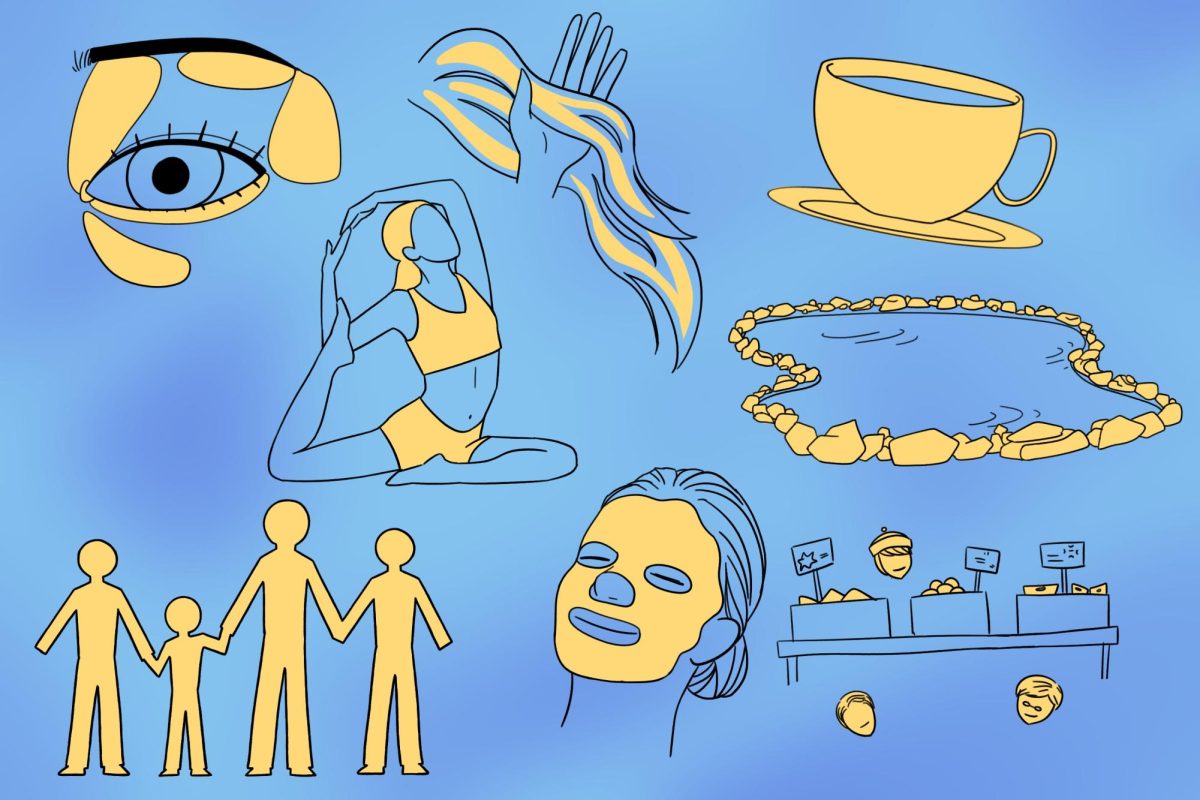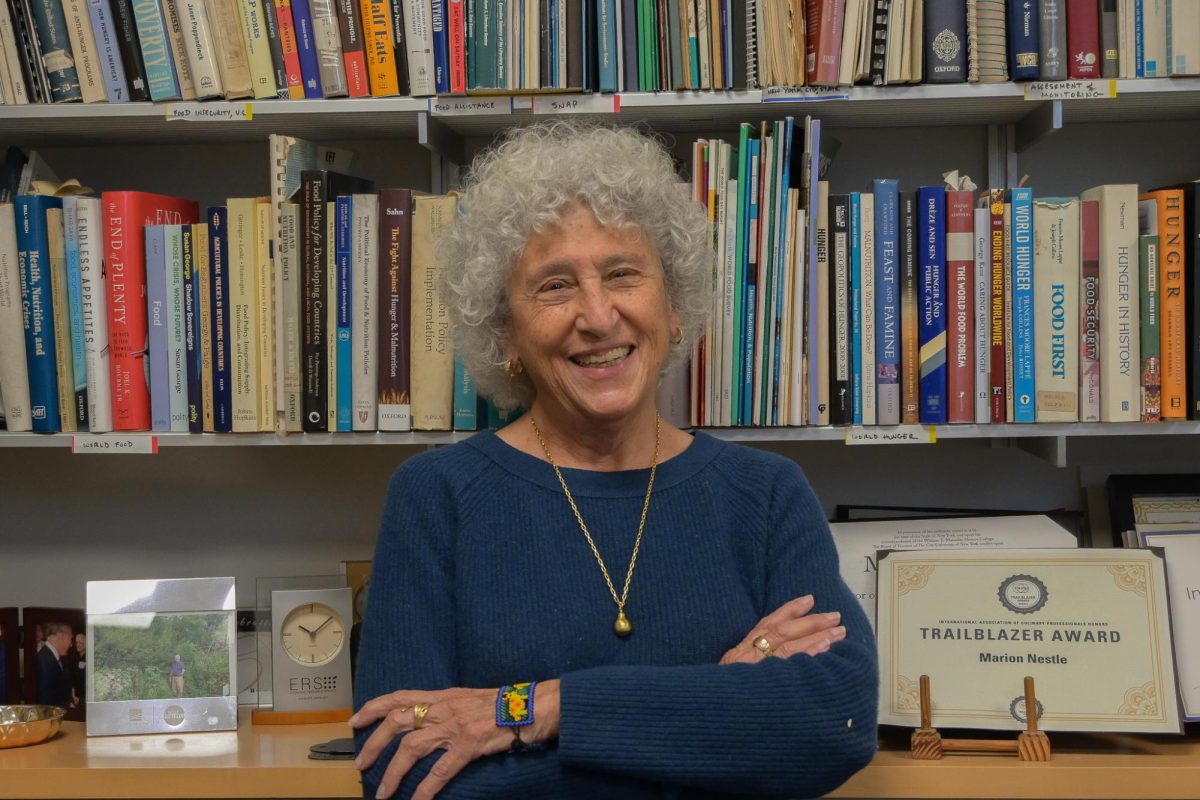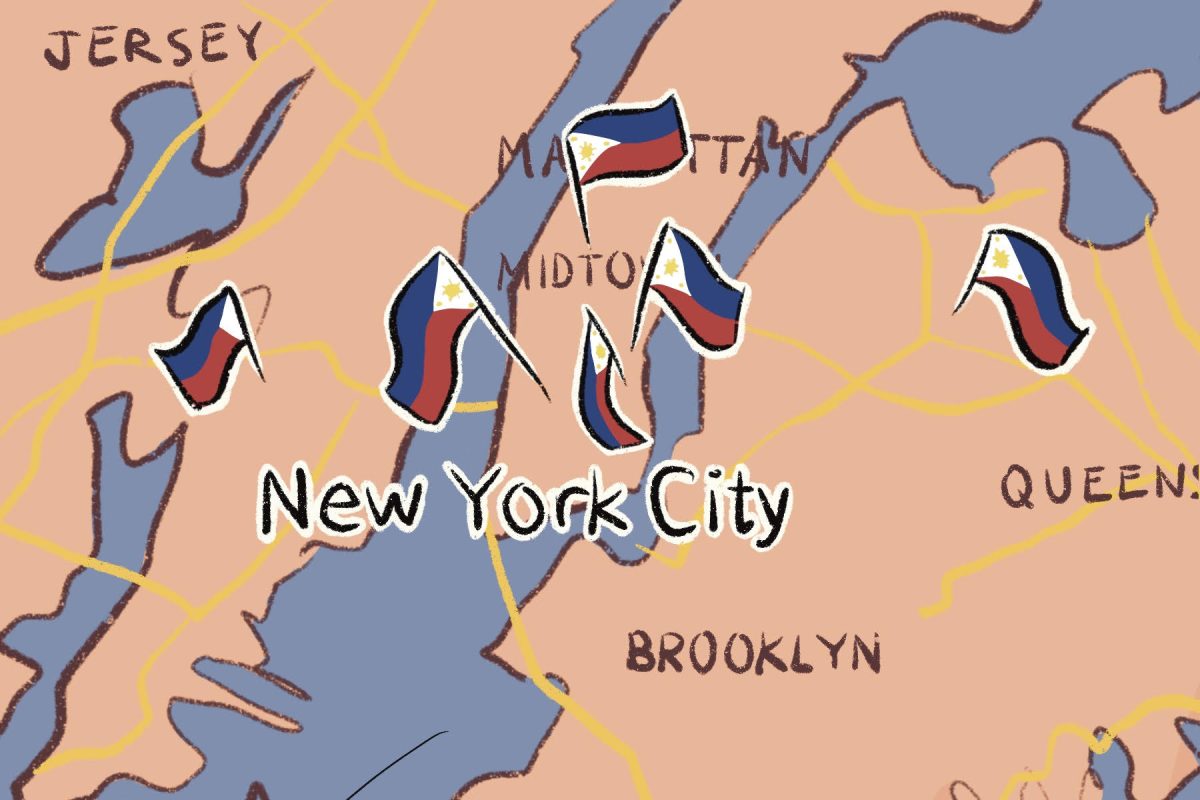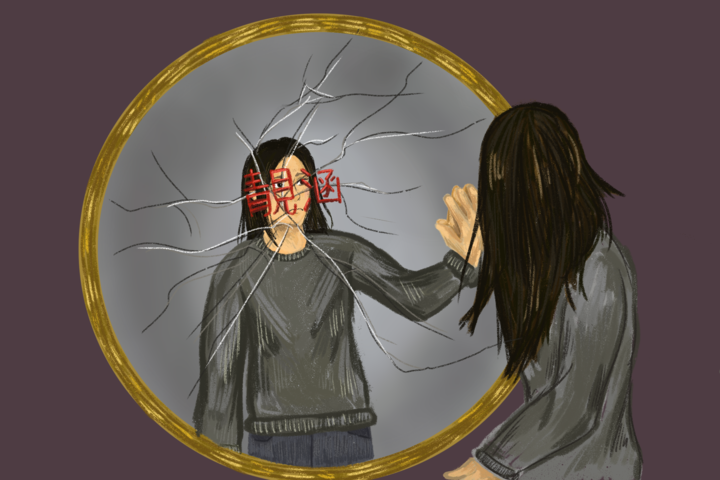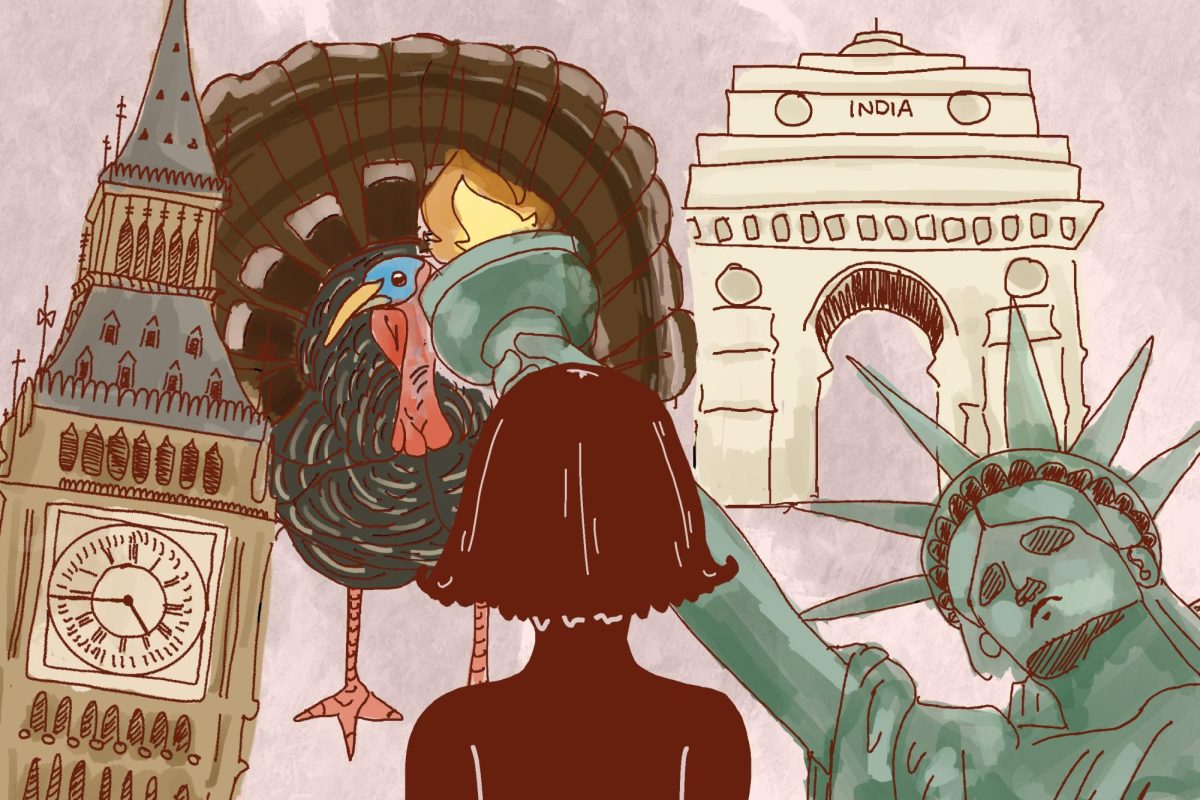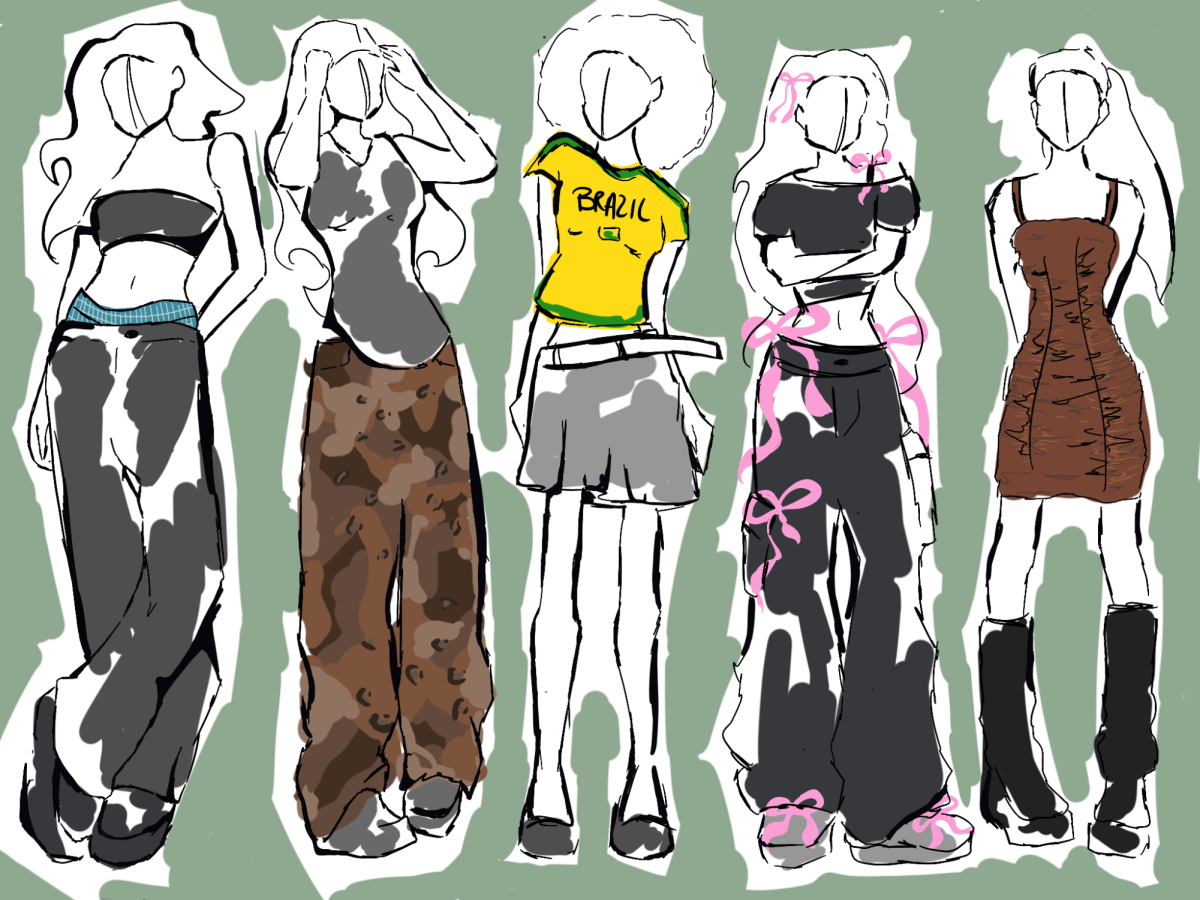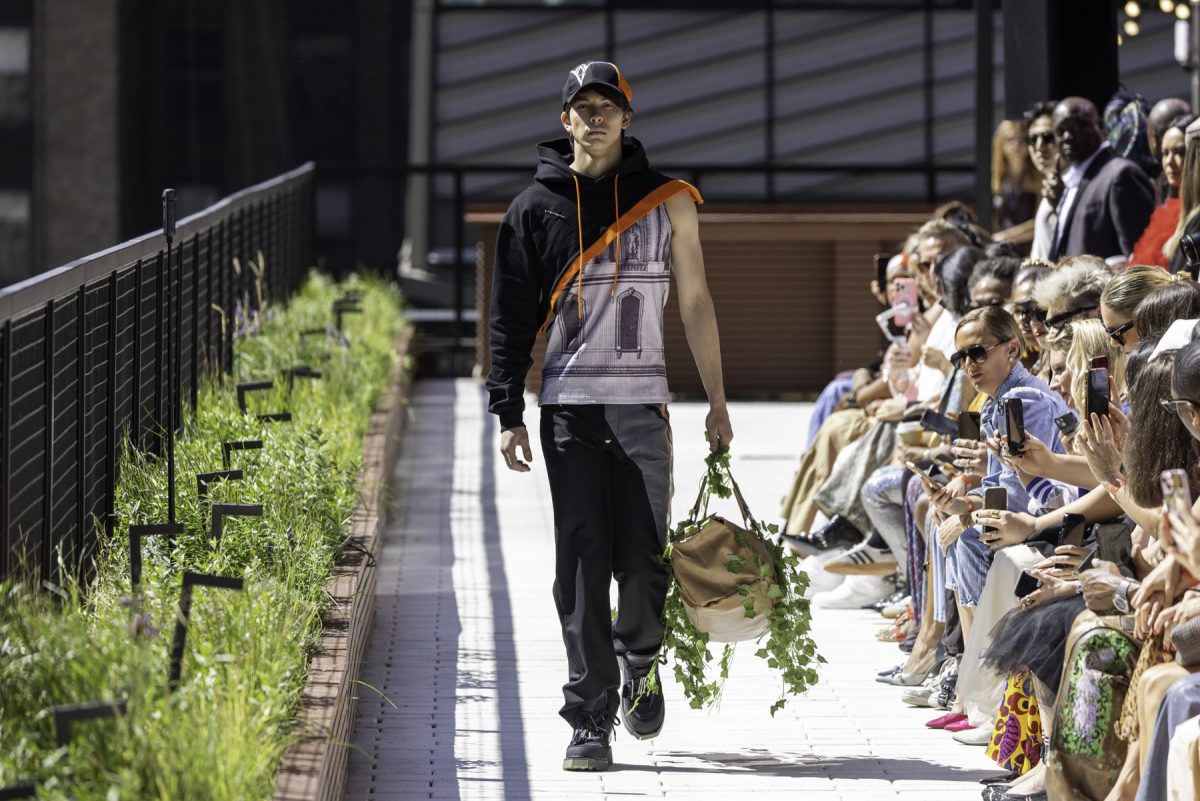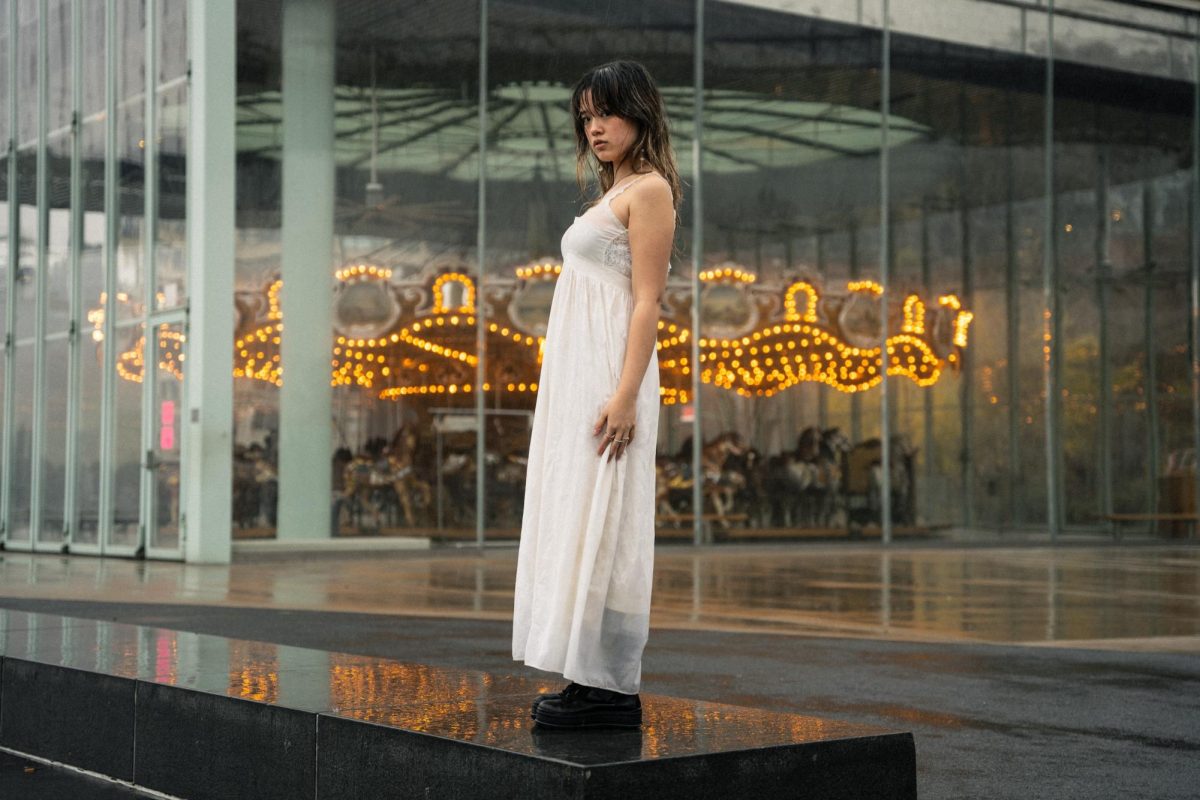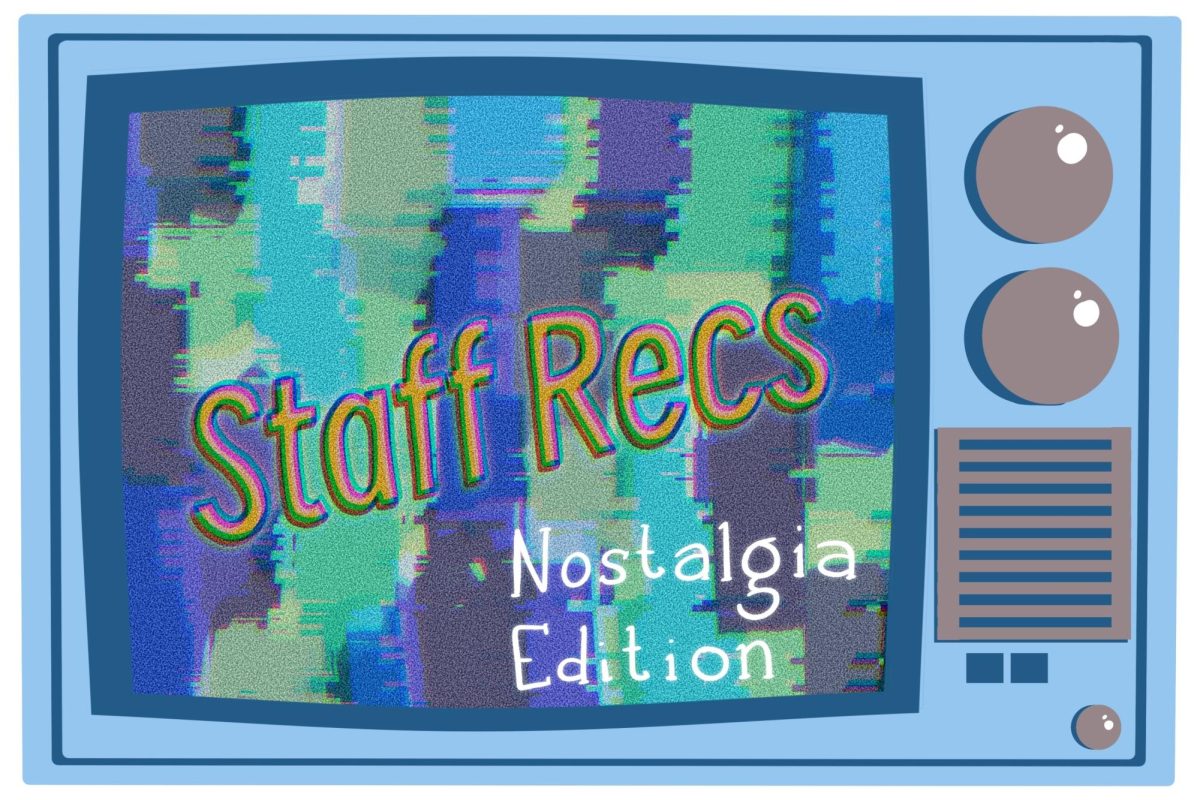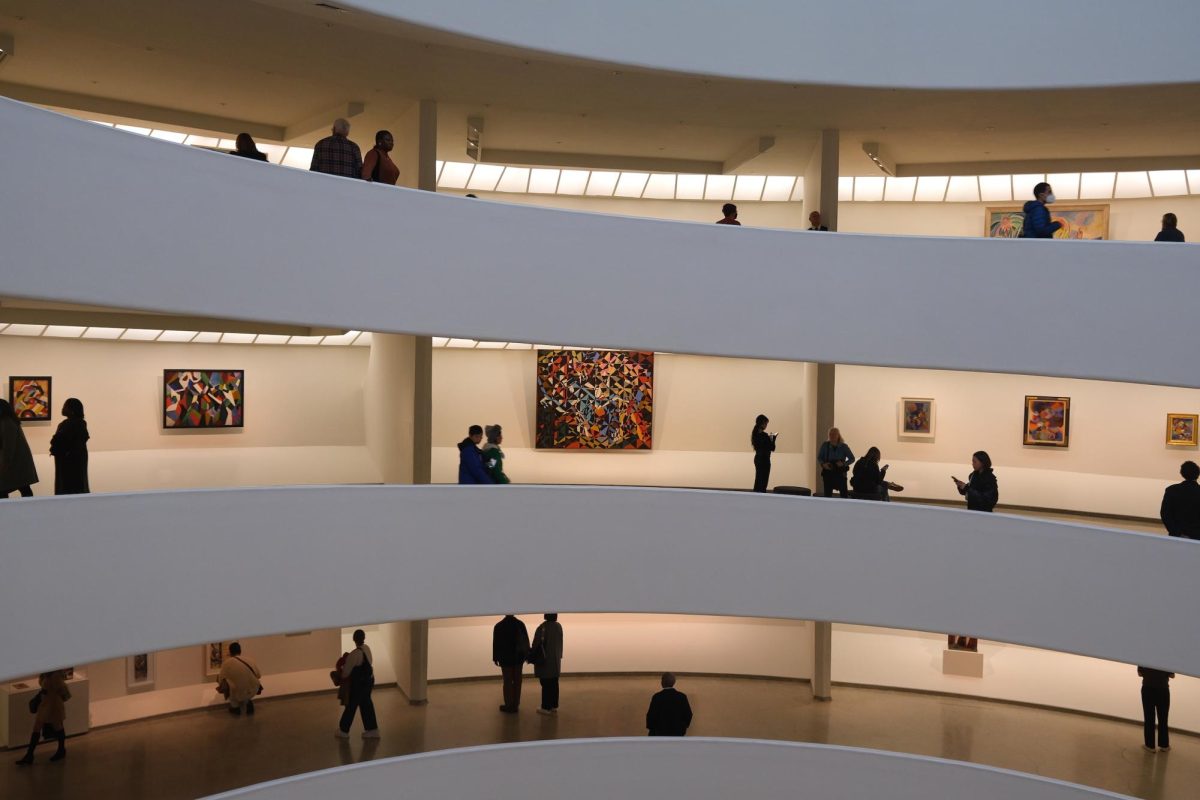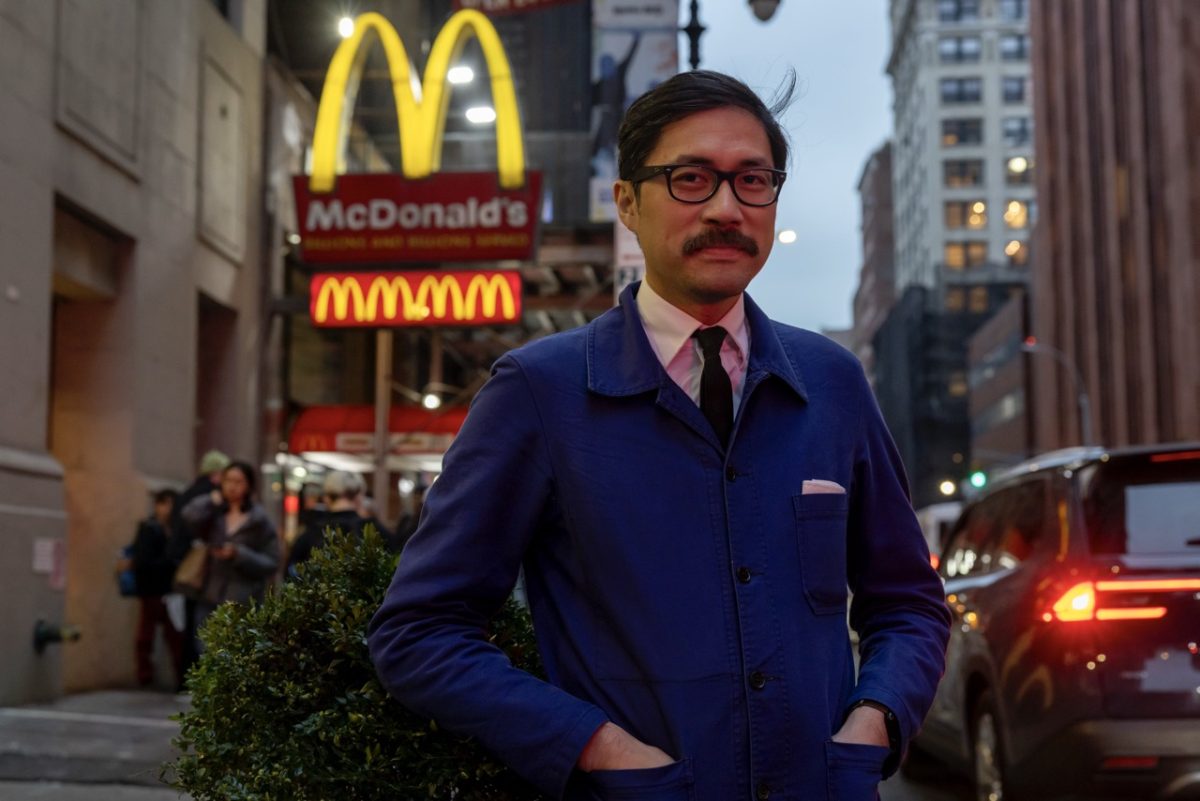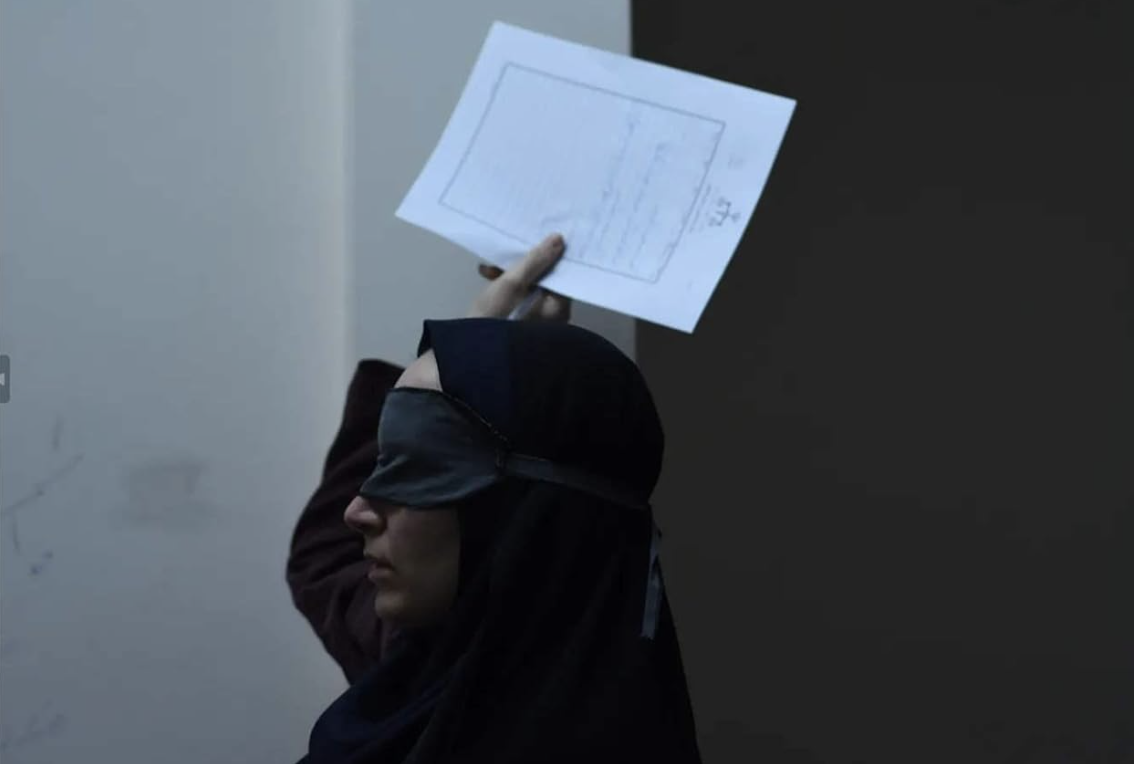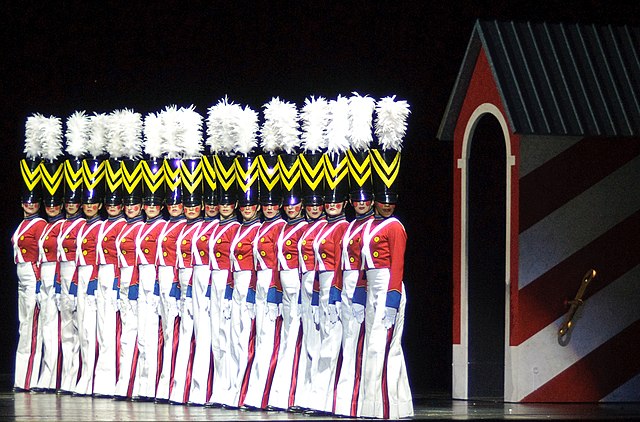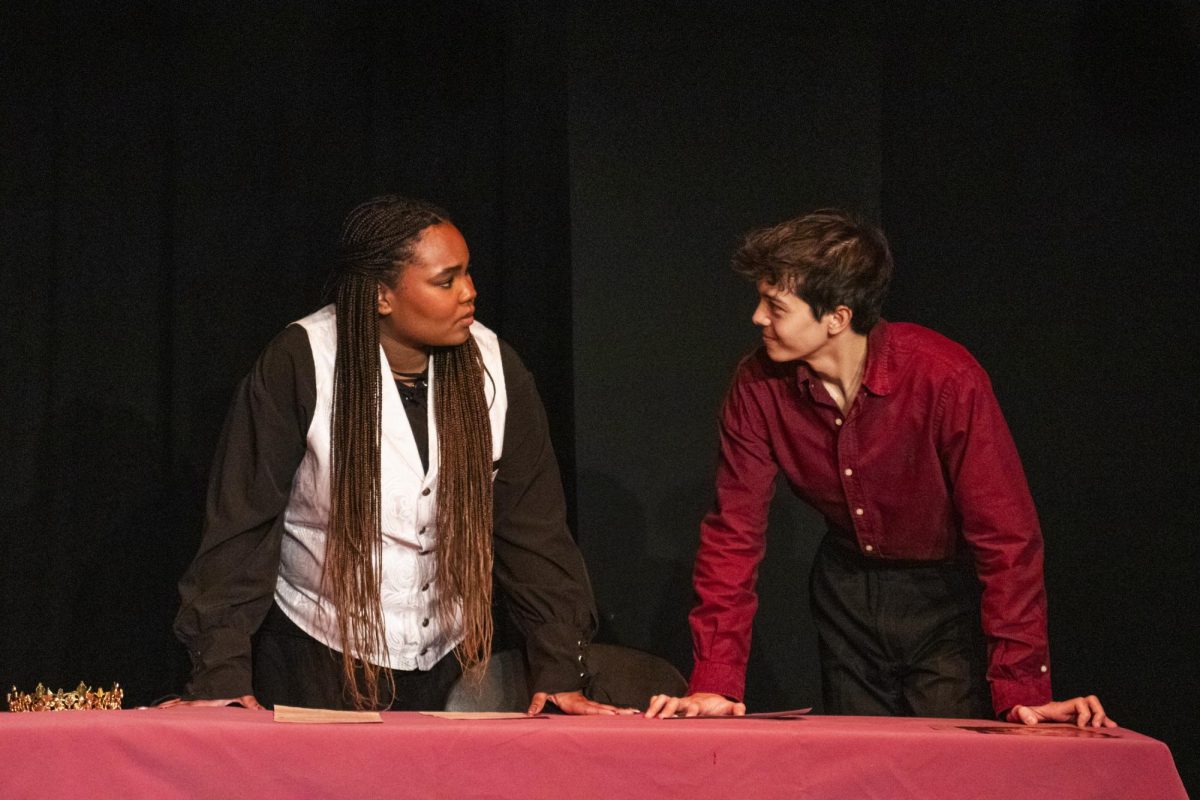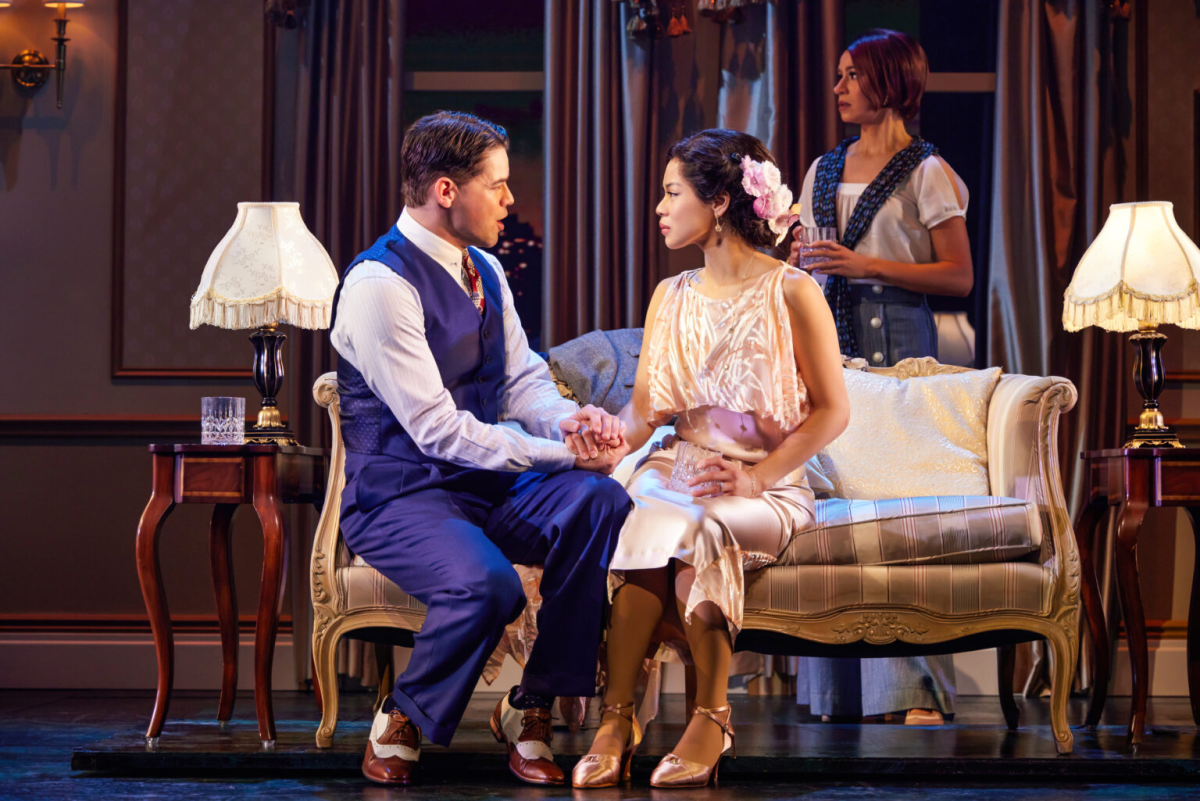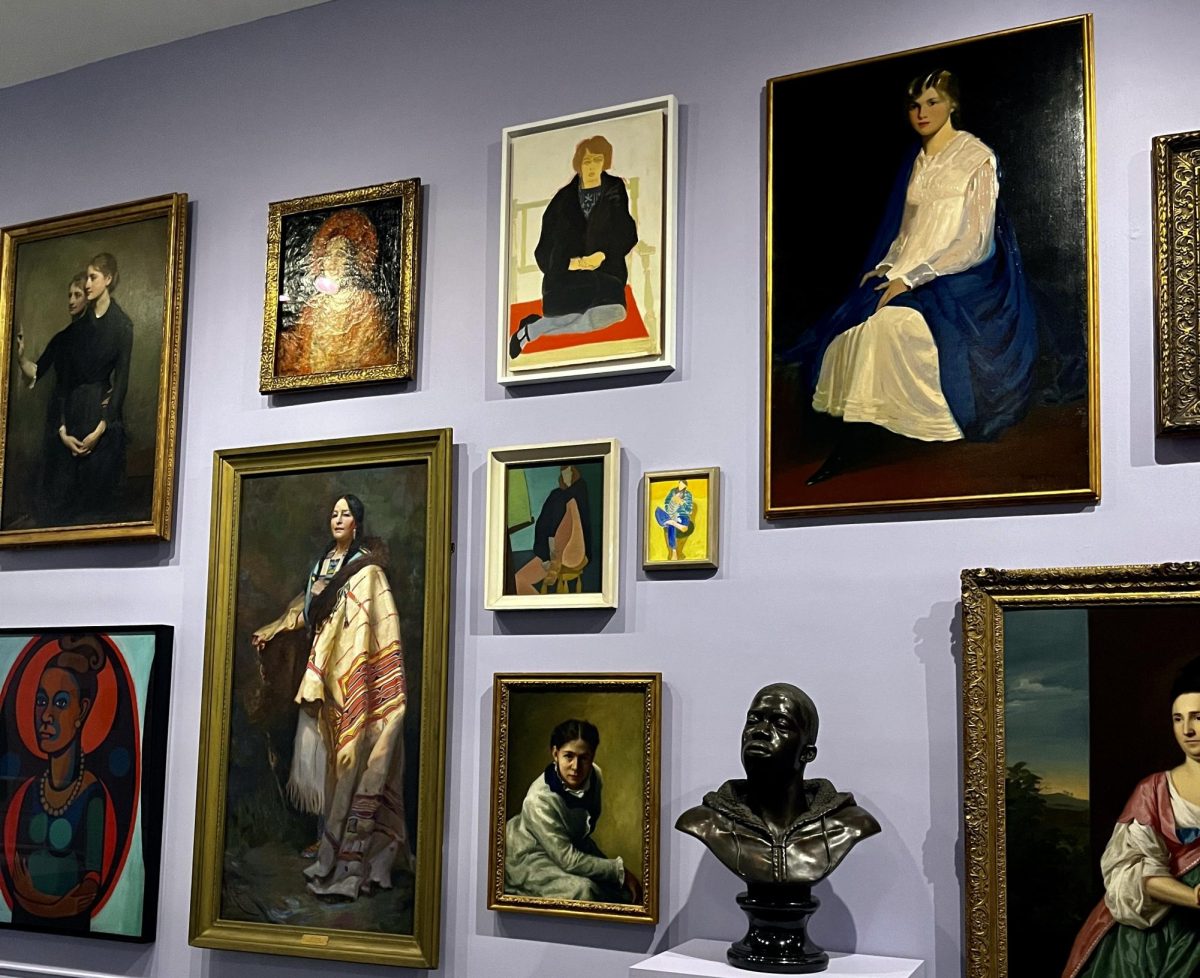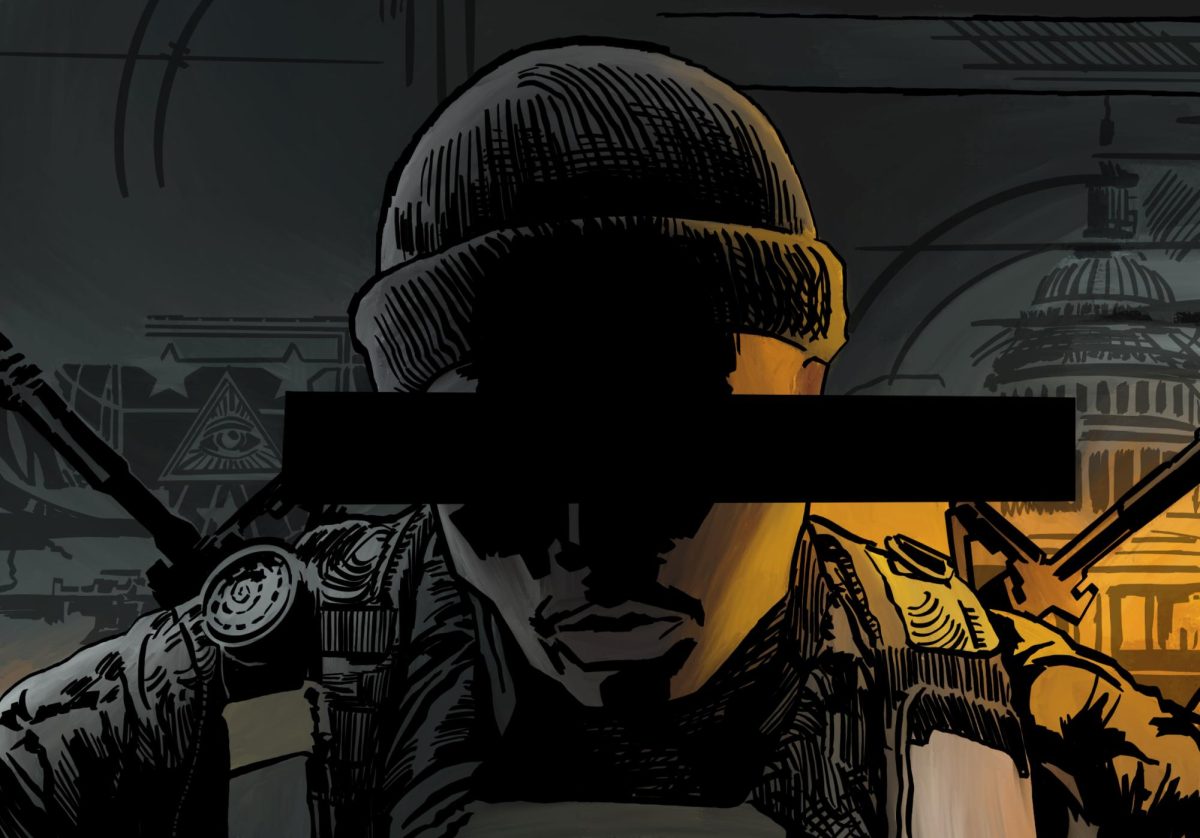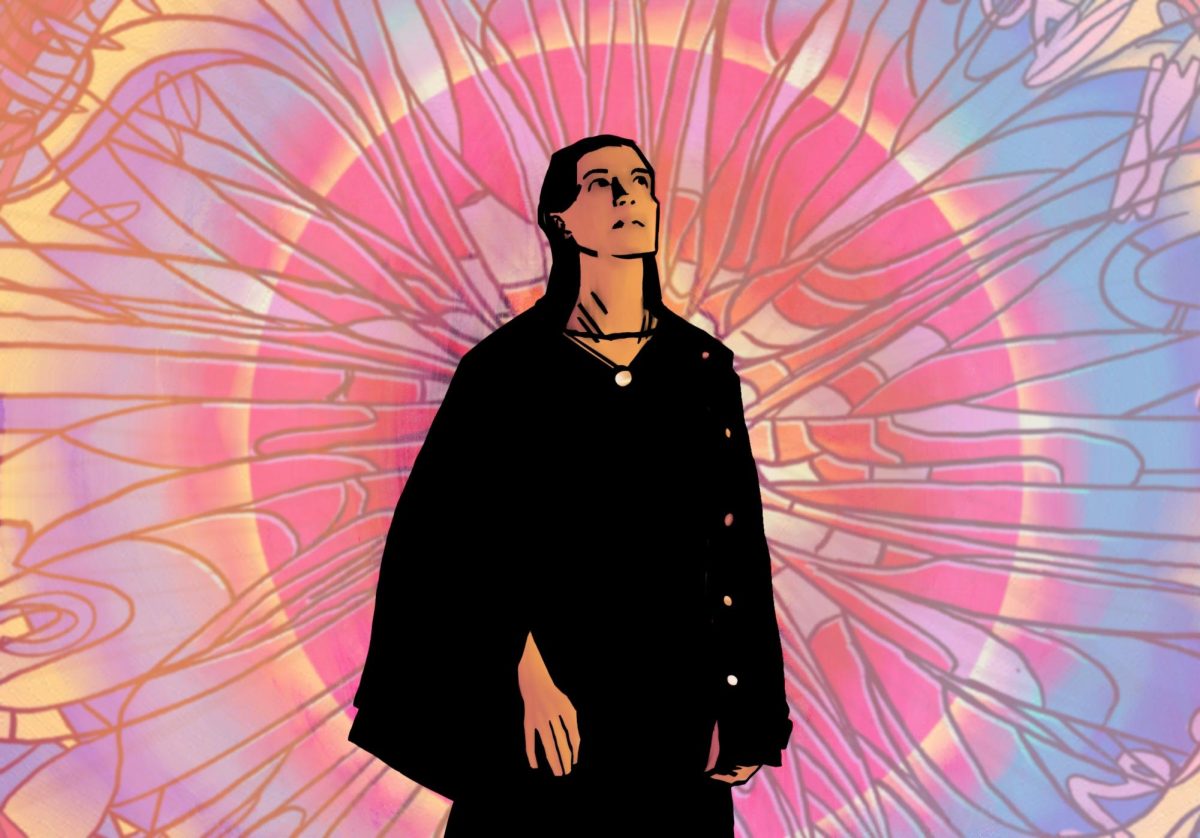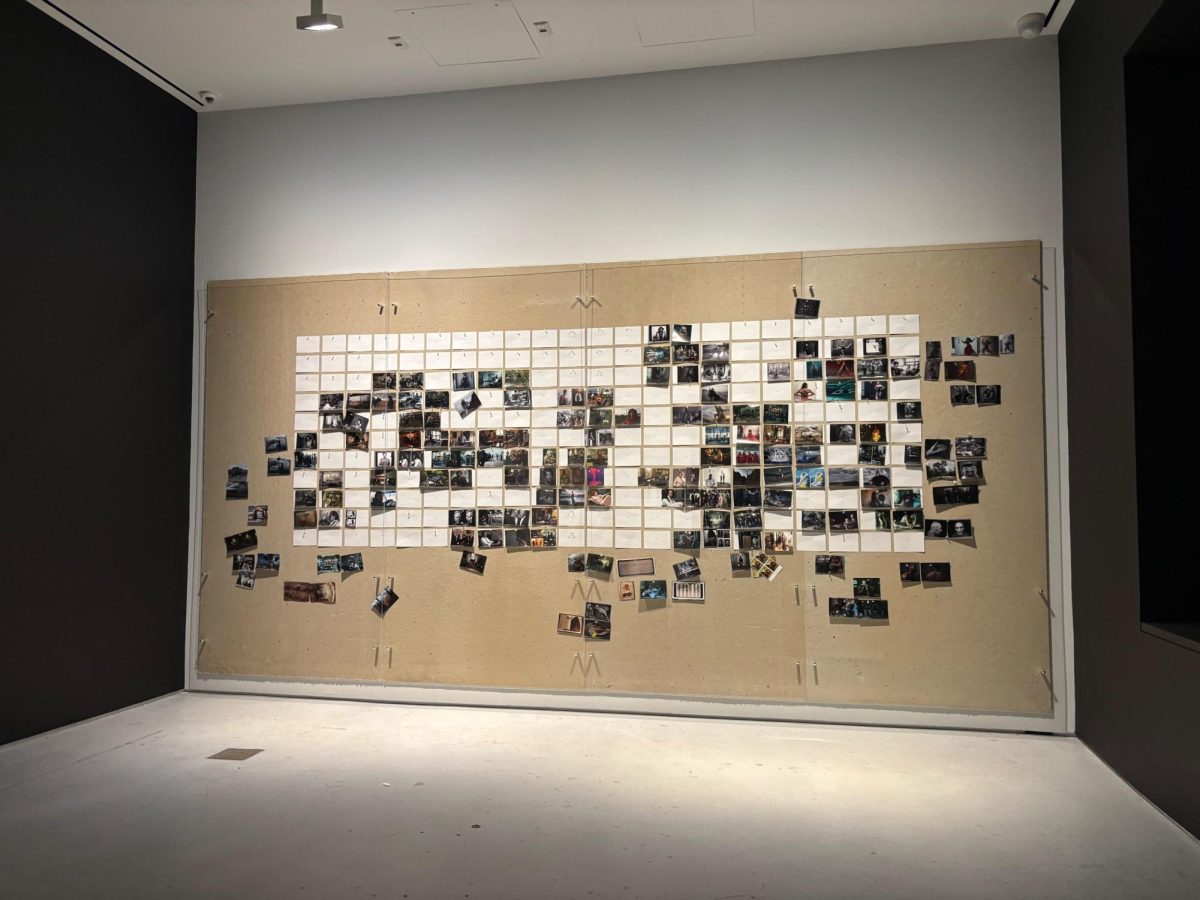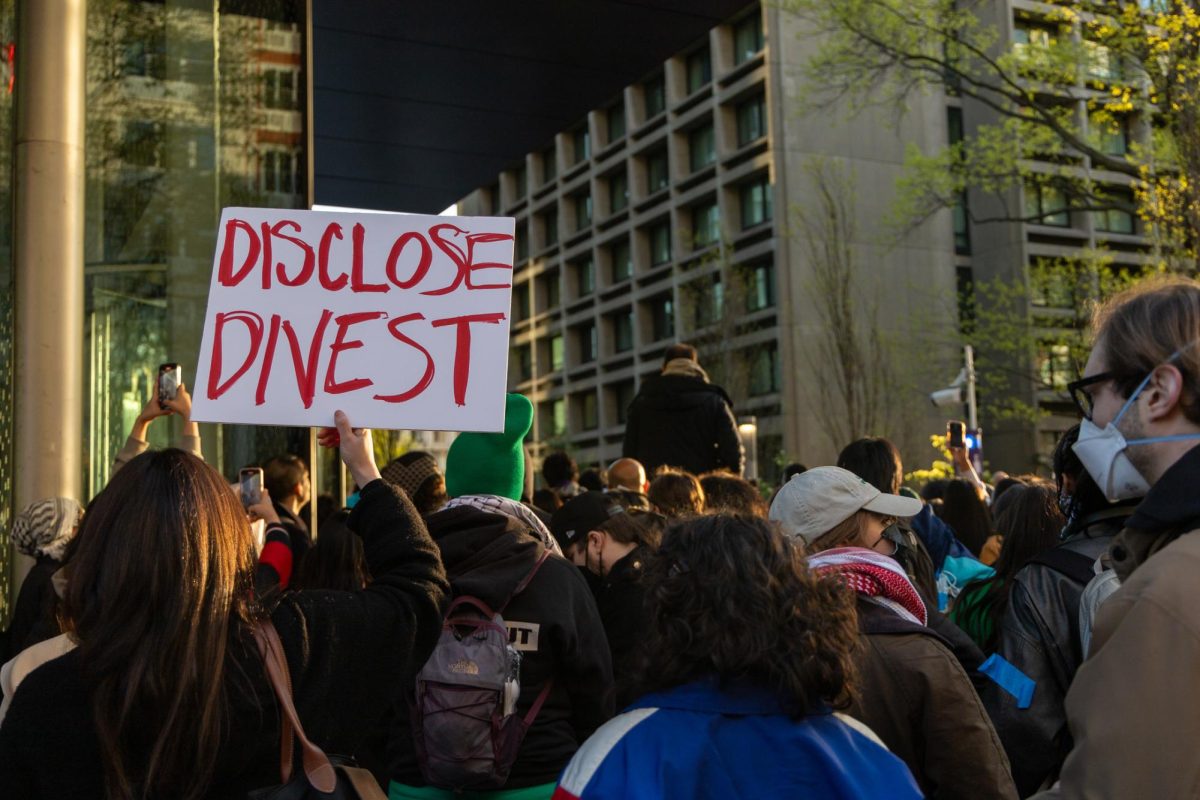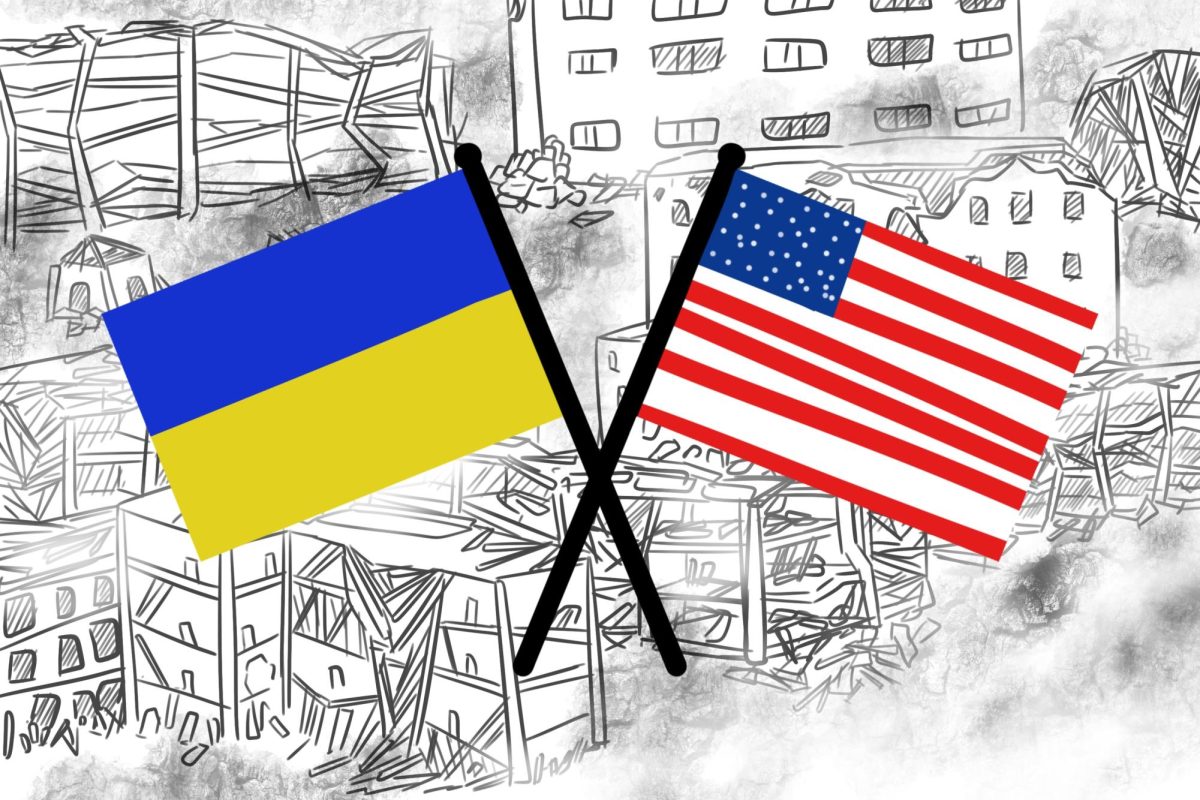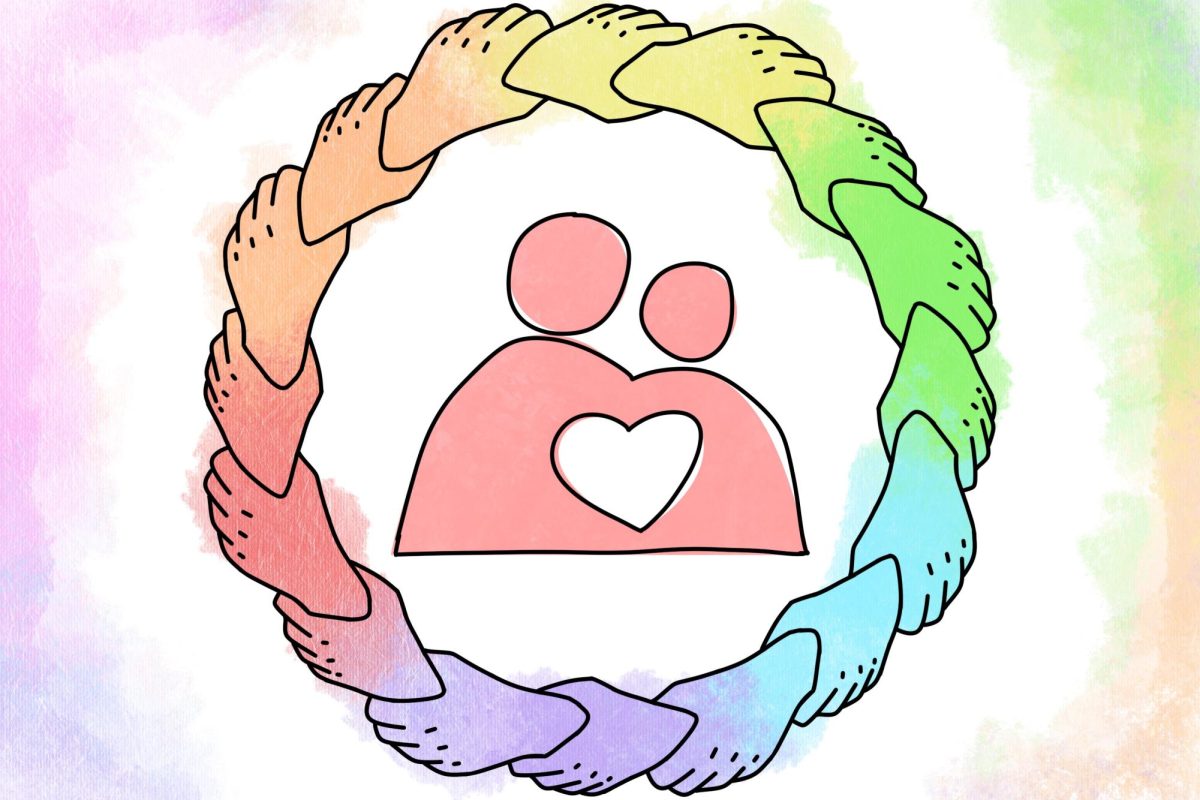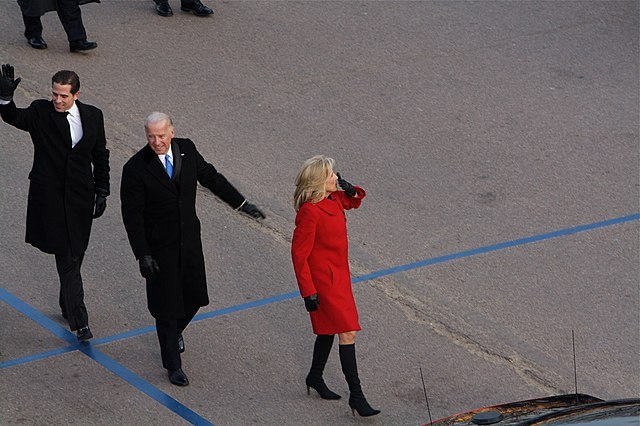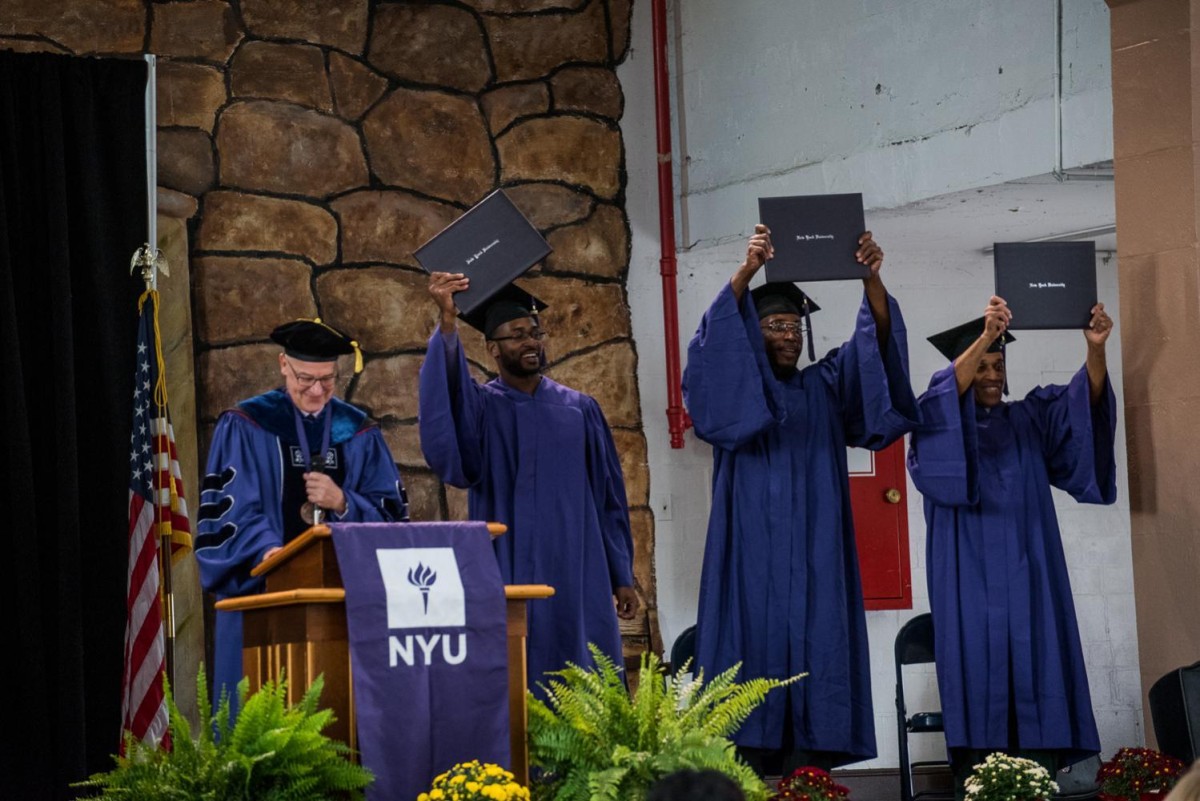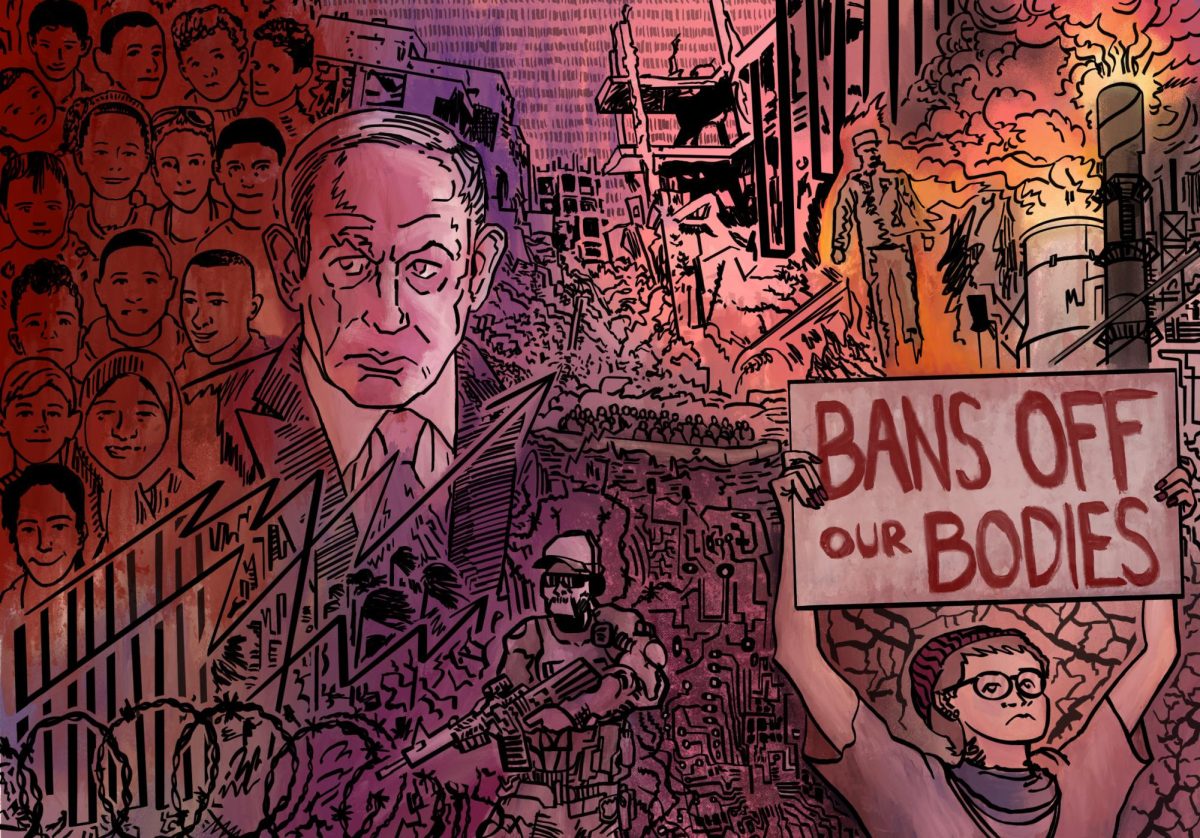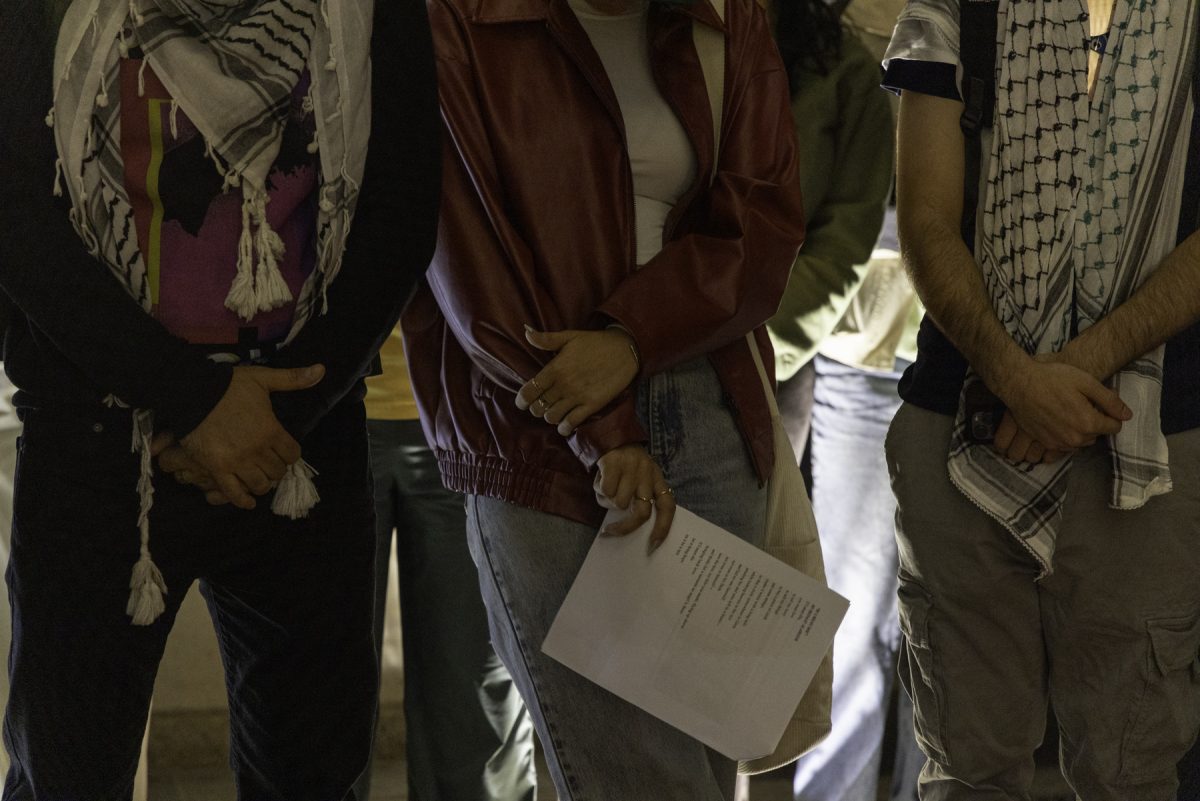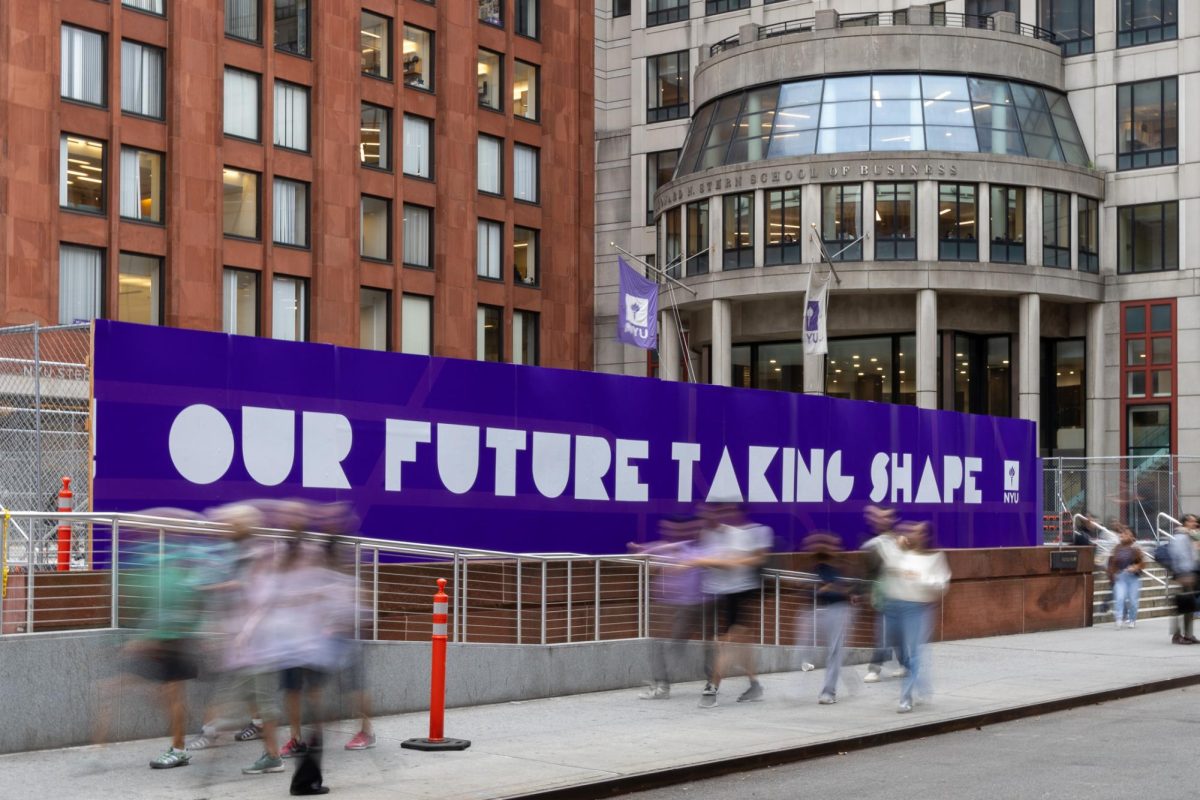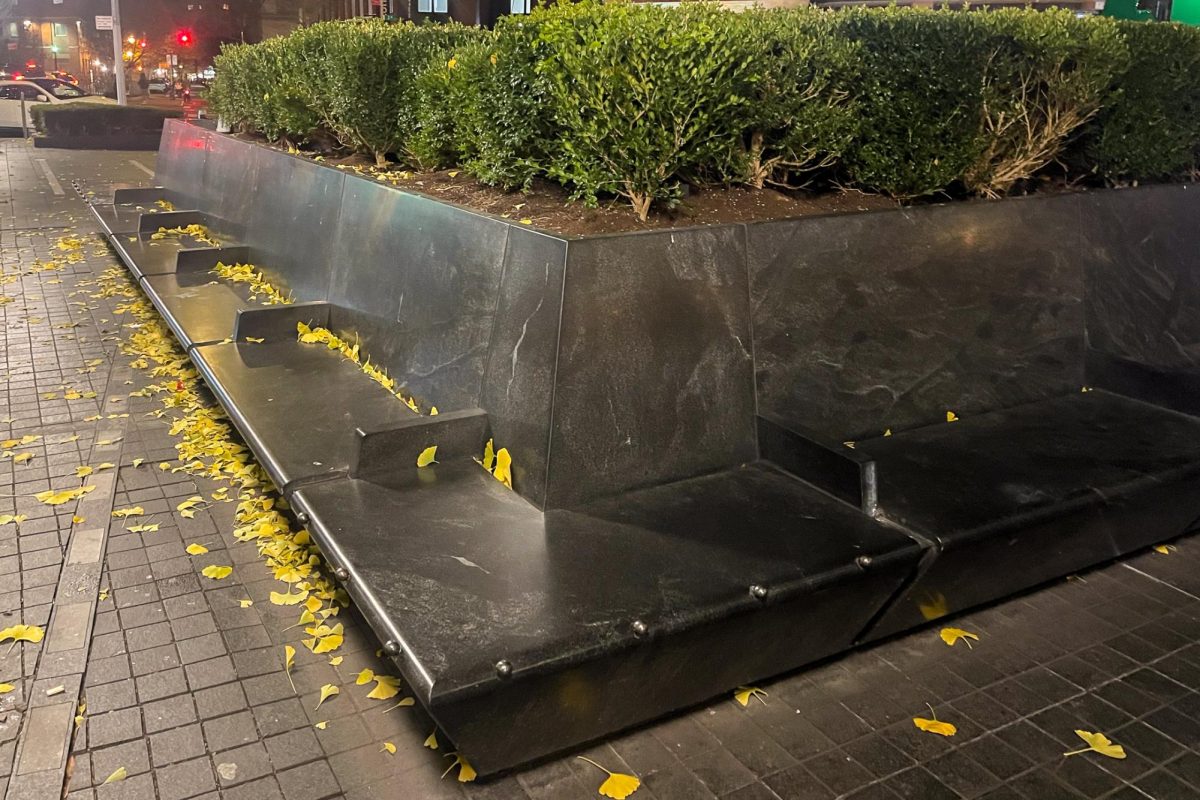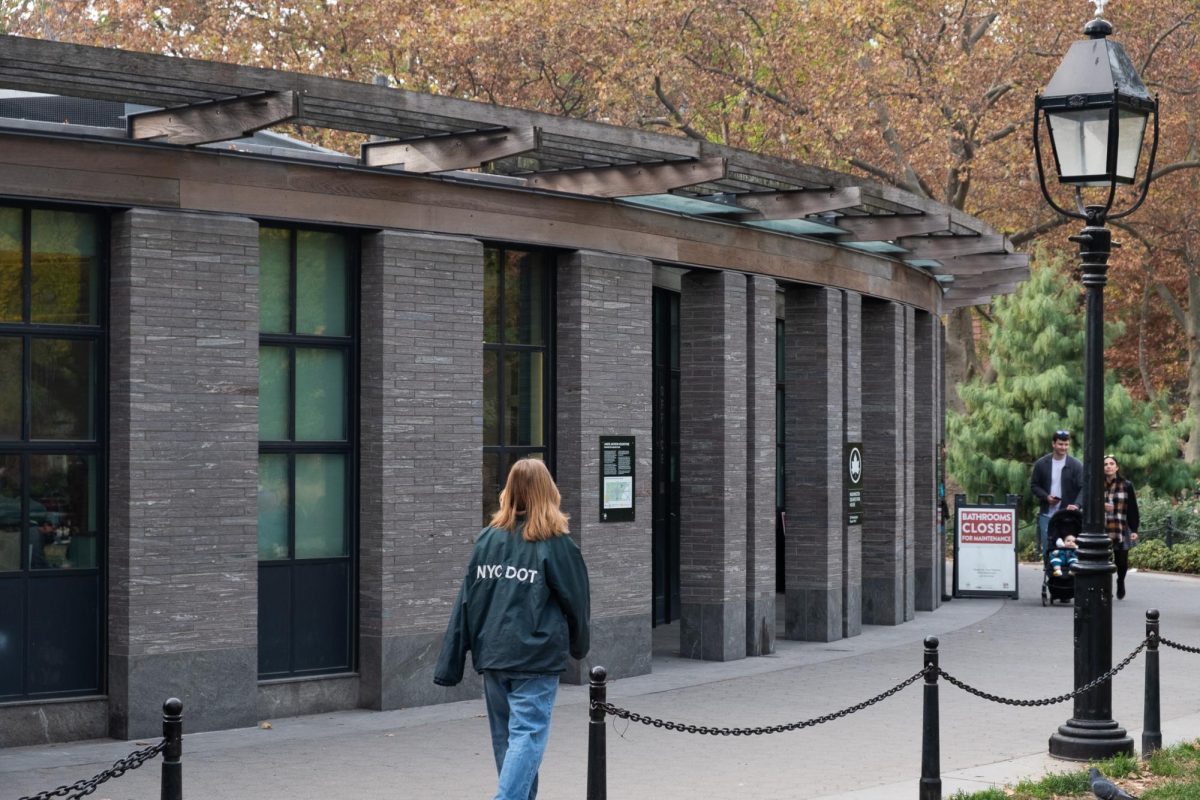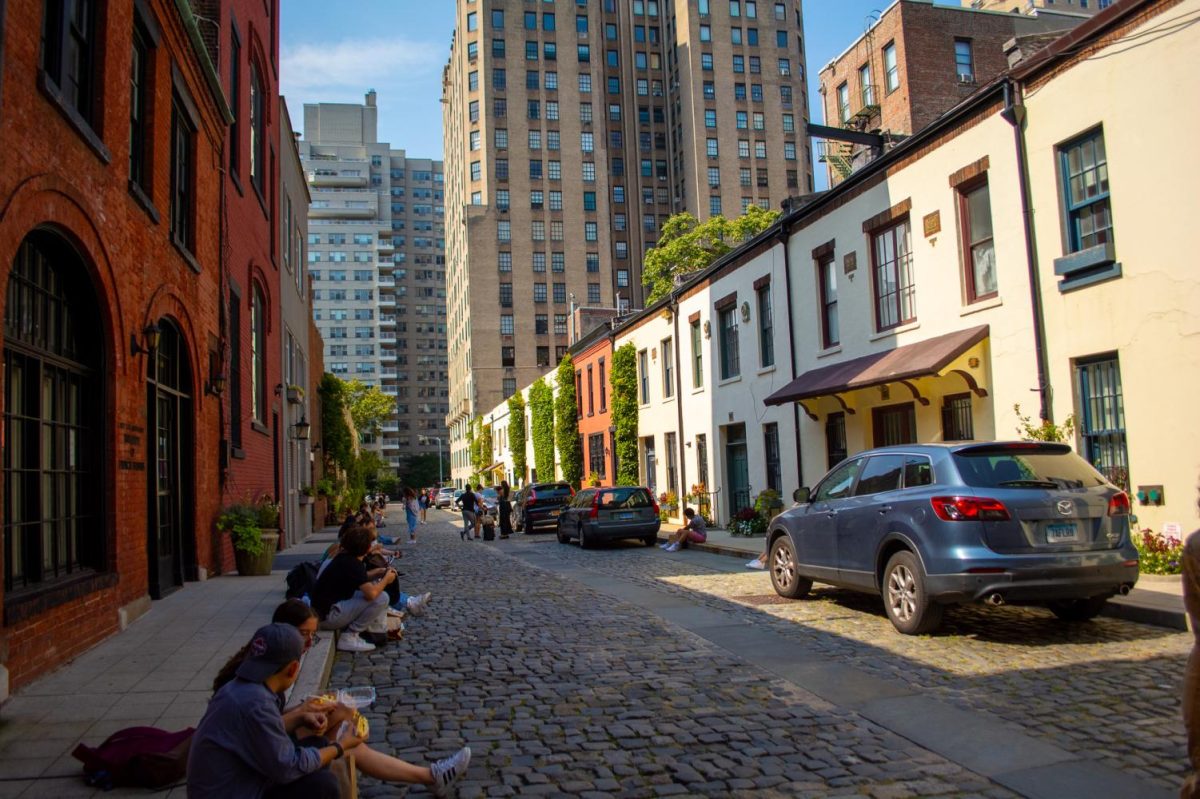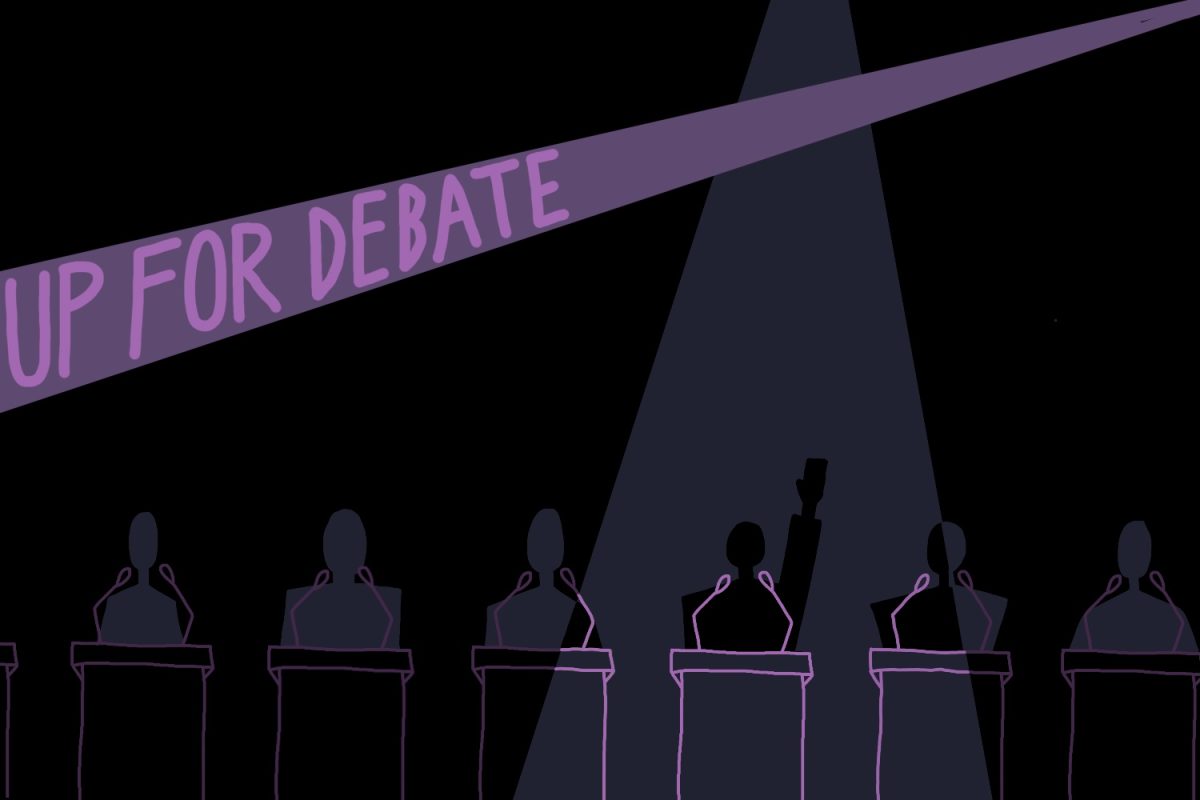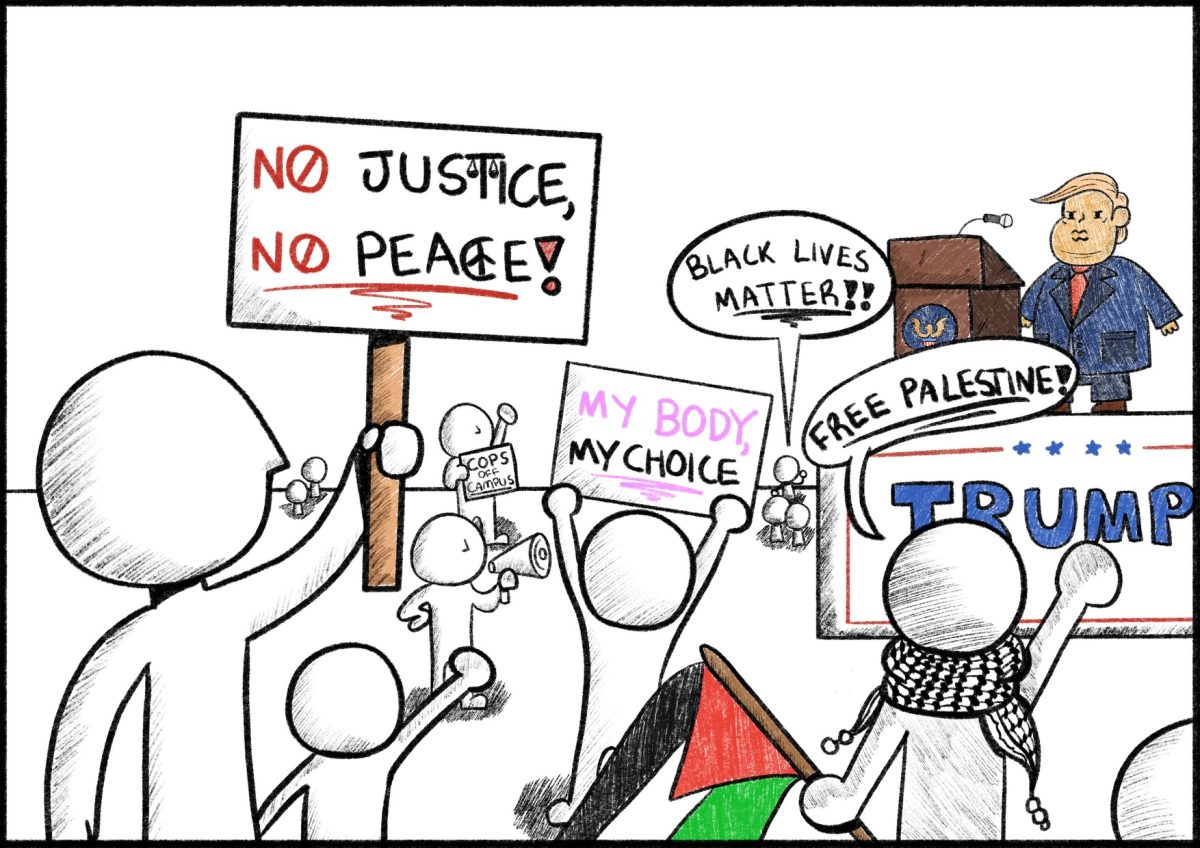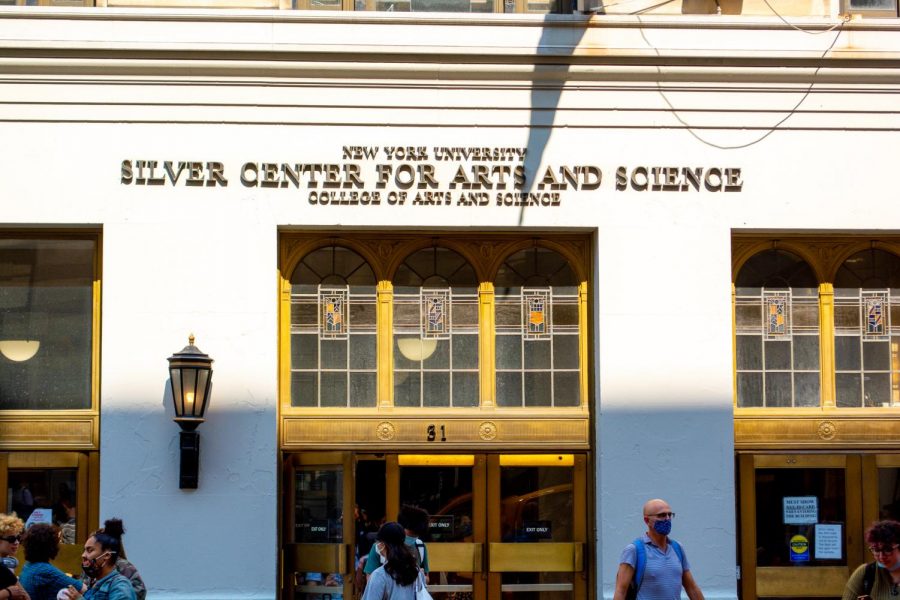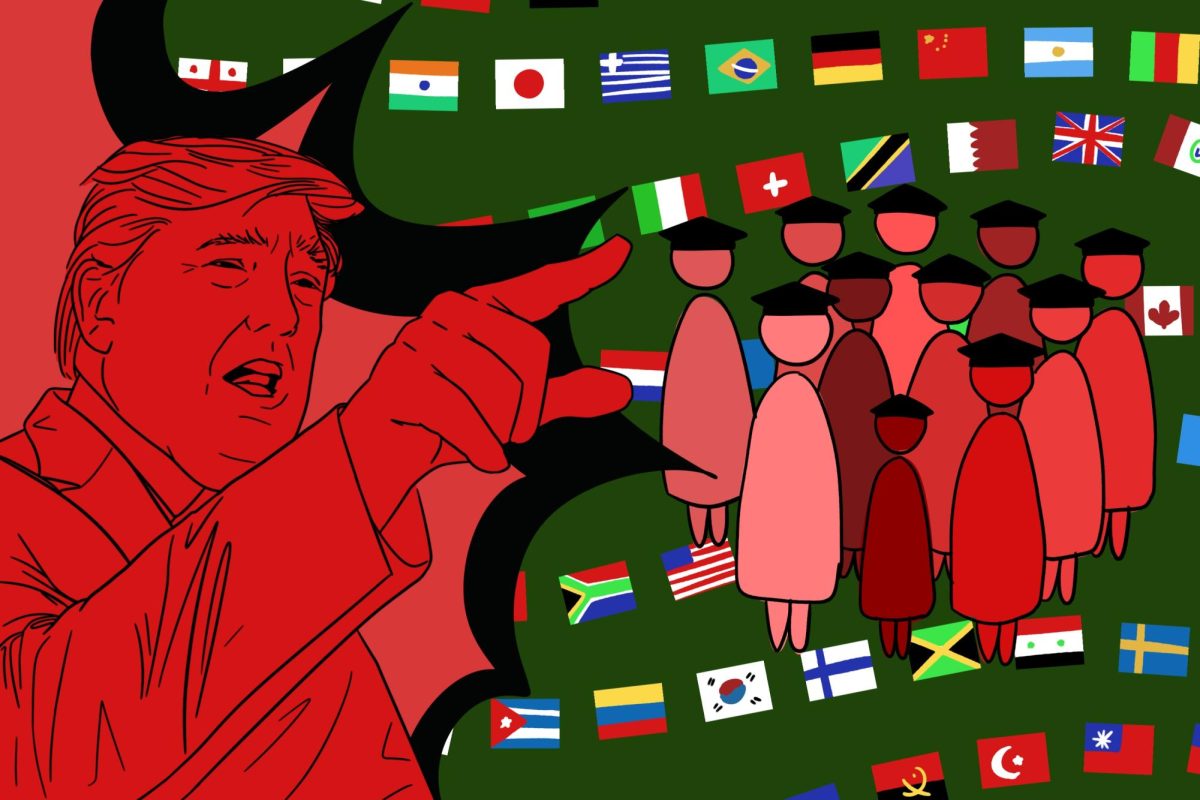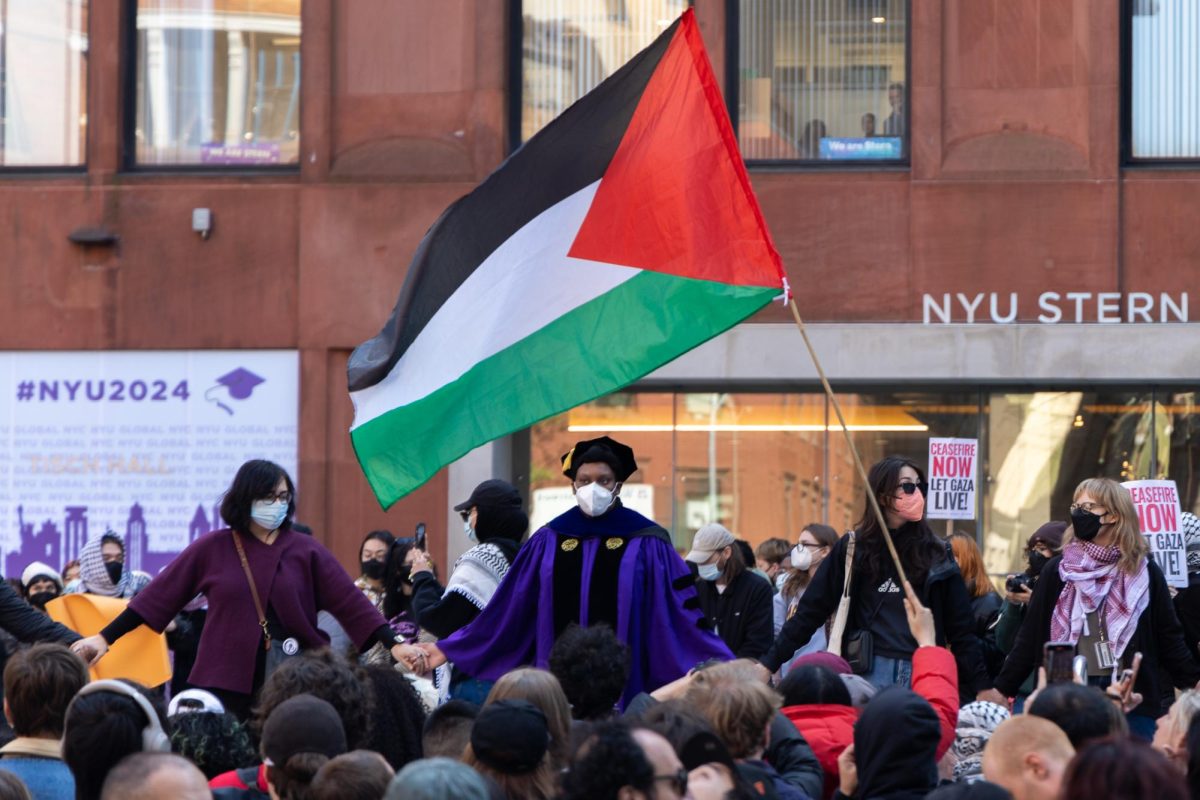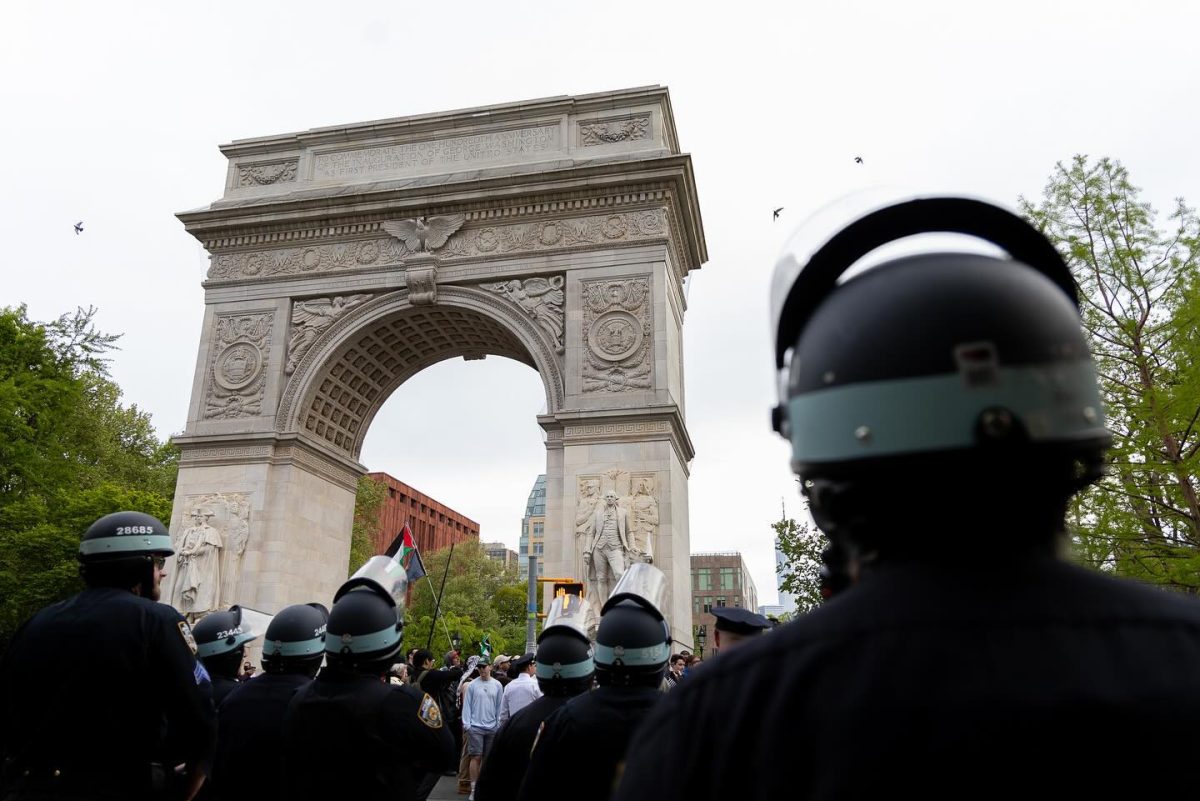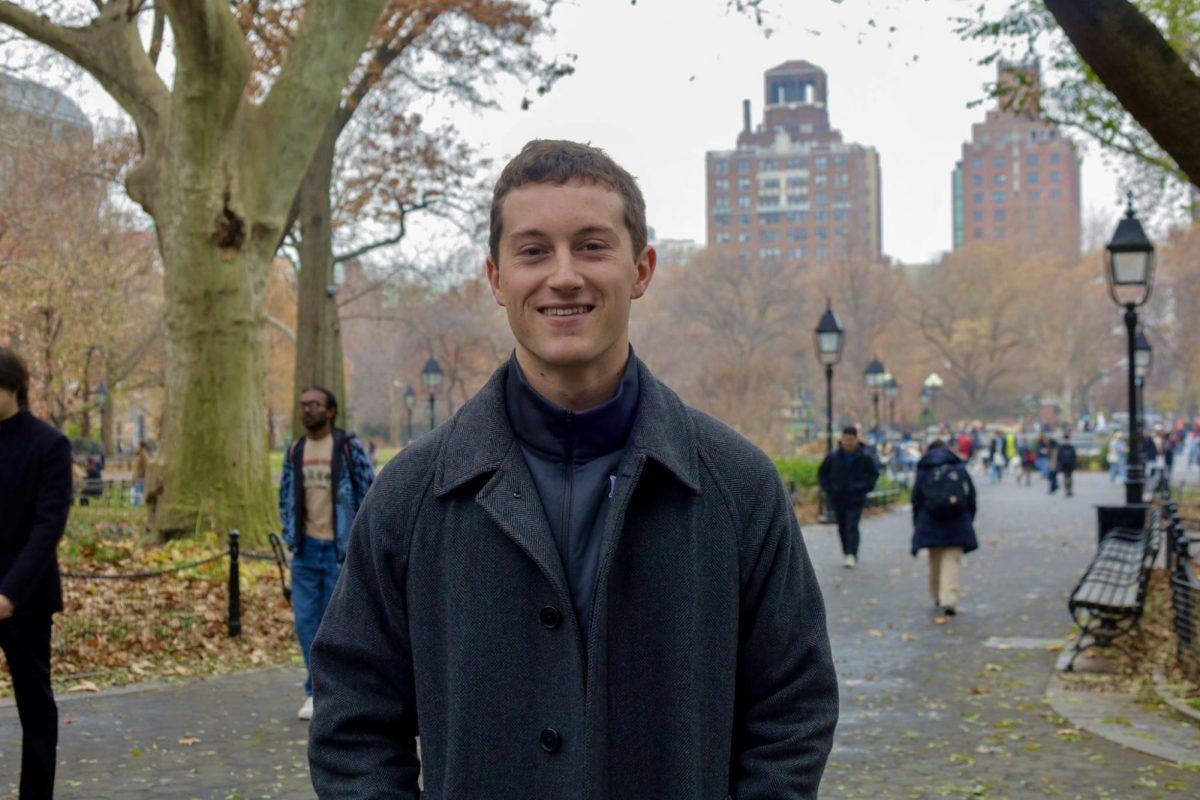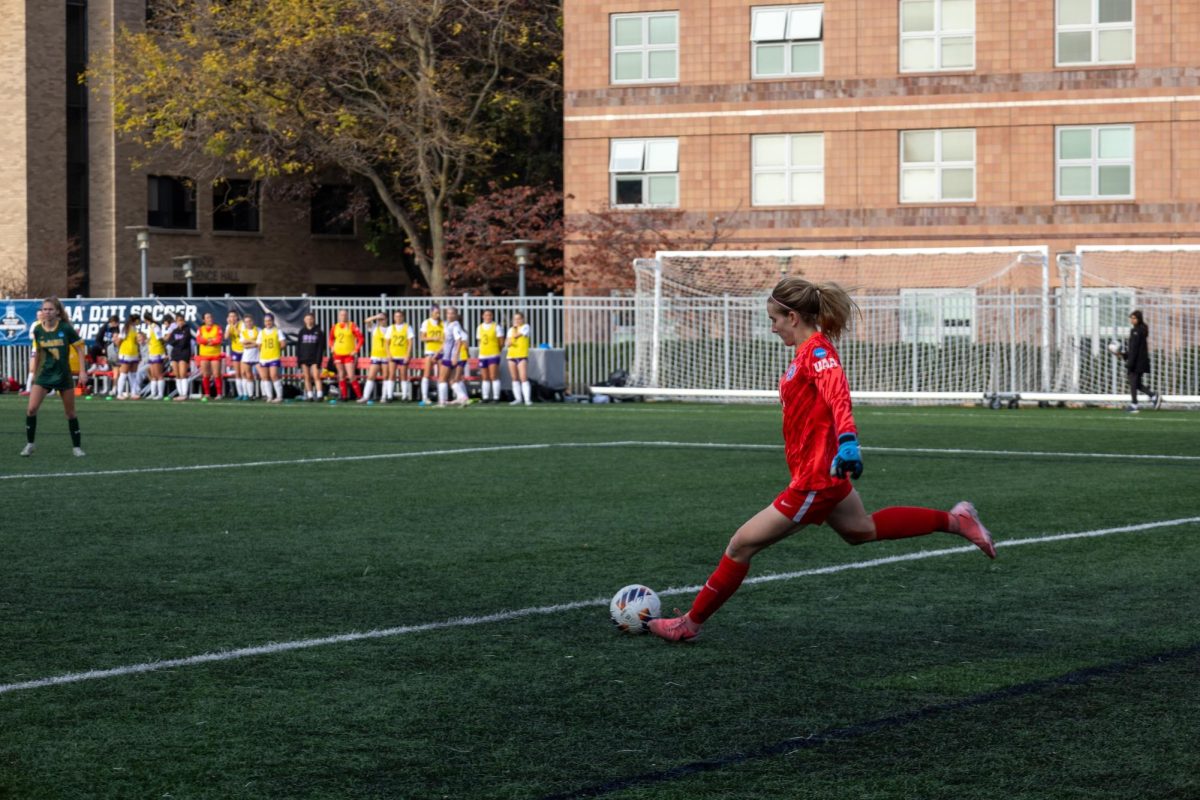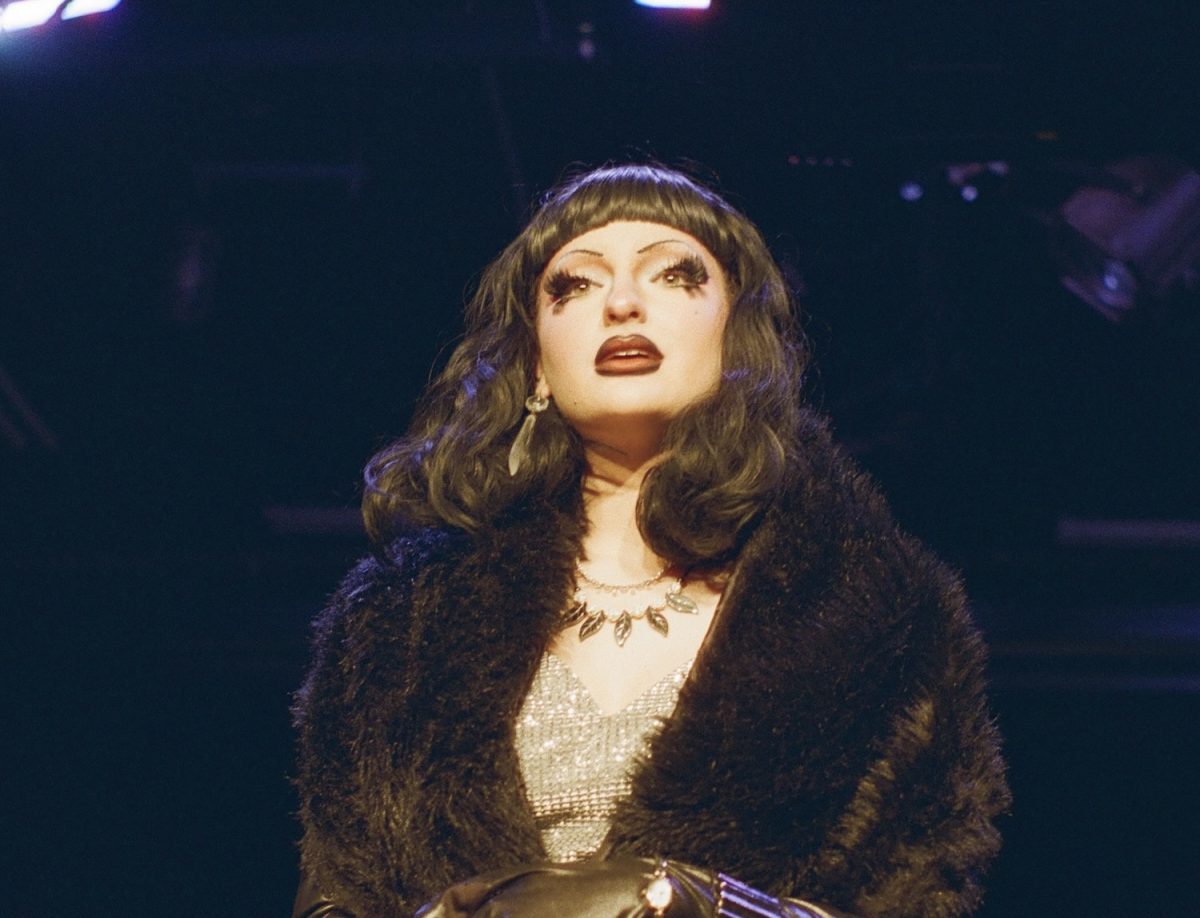Imagine the widest avenue in the world, the 9 de Julio Avenue, running through the central administrative district of Buenos Aires, Argentina. The street spans seven avenues, essentially an entire city block, but runs for a little more than half a mile. It is from this renowned avenue that one can witness the great monuments of Argentine history, the towering obelisk and the Casa Rosario, as relics of the pride of people long tested. They are not only relics laid to rest as exhibits of the spirit of people once indignant with national fervor, but also witnesses to history in continuous motion as they embrace newer meaning. It was in these streets of Buenos Aires, on Nov. 8, where more than 700,000 protesters flocked to the streets for a cacerolazo, a form of protest typical of Spanish speaking countries characterized by their use of pots, pans and utensils to make excessive noise.
The cacerolazo itself was tremendous, marking itself with its own name of 8N, Ocho de Noviembre, and the people shouted from their loins at the corruption and incompetence of their president and her administration. “Shout from your loins” was something a fellow protester told me to do with typical Argentine frankness. But I was not there in Buenos Aires. I am not the only Argentine detached from my maternal country and the zealous rage that deluged people into streets like an unstoppable wave colliding through the political hubris. That was what was so special about this particular protest. It was an international protest staged on a particular day, for a particular reason and for a particular people, and it was executed flawlessly. Although turnout numbers vary, protests were held at consulates all around the world — from Melbourne to Tel Aviv to Rome to London to Sweden to New York. Despite concerns about the involvement of far right extremists in these protests, they were unusually peaceful as far as Argentine protests go.
It is difficult to say whether the protests are an effective demonstration that will actually promote radical change in how their country is being run, for Argentina has always been, “full of sound and fury, signifying nothing.” The political instabilities that run deep into the neurosis of the nation are highly intricate and almost embedded into the mindset of the political institutions, and the economic problems are many. Argentina wasn’t always like this; once one of the wealthiest nations in the world, it now faces financial stresses, and a possible recovery is difficult to measure. It is not — I will remind any single-minded pseudo-pundits — an issue of The Falklands, the beaten horse of Argentinean political discussion. It is far more complicated.
Nevertheless, so long as it is democratic, there can be a breath of hope. More and more, this idea of a globalized socio-political conglomerate, the unification of people across boundaries in support of each other, is further strengthened. 8N took something completely domestic, something isolated from the concerns of others, and brought it to the public forefront.
Regardless of whether it was reported much by the international media, I remember vividly many people passing by asking me what was going on at the consulate on 56th Street, between Fifth and Sixth avenues. I shouted along, “Democracia, paz y libertad,” from my loins, along with thousands of others on the widest avenue in the world, the global avenue, with pots clanging on every corner of the Earth.
Nikolas Reda-Castelao is a staff columnist. Email him at [email protected].

